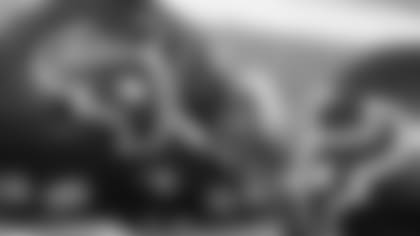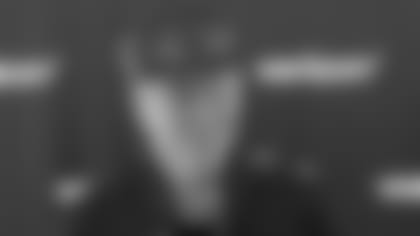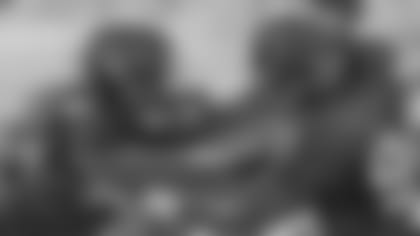Quarterback Coach George Godsey
(opening statement) "On the quarterbacks in general, they are competing every day. I think we've got four that are really into football. They spend extra time, they ask questions and they text me all throughout the day. They are very good and very detailed at trying to learn the information. I think every day, I think when they come in, our expectations are that they put their time in the night before and when they get out on the field it is time to execute what they have learned. A credit to all of them and a new offense and a new coach they are dealing with, they've really accepted the challenge."
(on making the decision on who is the backup quarterback) "I think it is day-by-day process. I think each day both Coach O'Brien and myself and the other coaches are evaluating not just quarterbacks, but every position. To see, okay, where are we today and where have we come in these 13 really offseason practices, and then into the training camp."
(on the strengths of T.J. Yates and Case Keenum) "Like I said, coming from another system and to really take it in the way they've done, it is a credit to their hard work. Both of them are really working hard at the system. They're also helping Tom (Savage) as a young quarterback. When you bring in a young quarterback, that could be something that may go overlooked, but it's a credit to a veteran quarterback in the NFL to help a rookie. That is part of the position. Not just to quarterbacks, but other positions, too because the quarterback sees the whole picture and I think that ultimately everybody needs to be on the same page and it starts with them."
(on splitting the reps between four quarterbacks) "I think any time that is part of the process with the NFL with every team and every position. Certainly, we're taking it day by day. I think after today we'll look at the quarterbacks that got most of the reps and we're going to evaluate how today was."
The Texans worked out on a steamy Thursday for their 9th day of organized team activities (OTA).

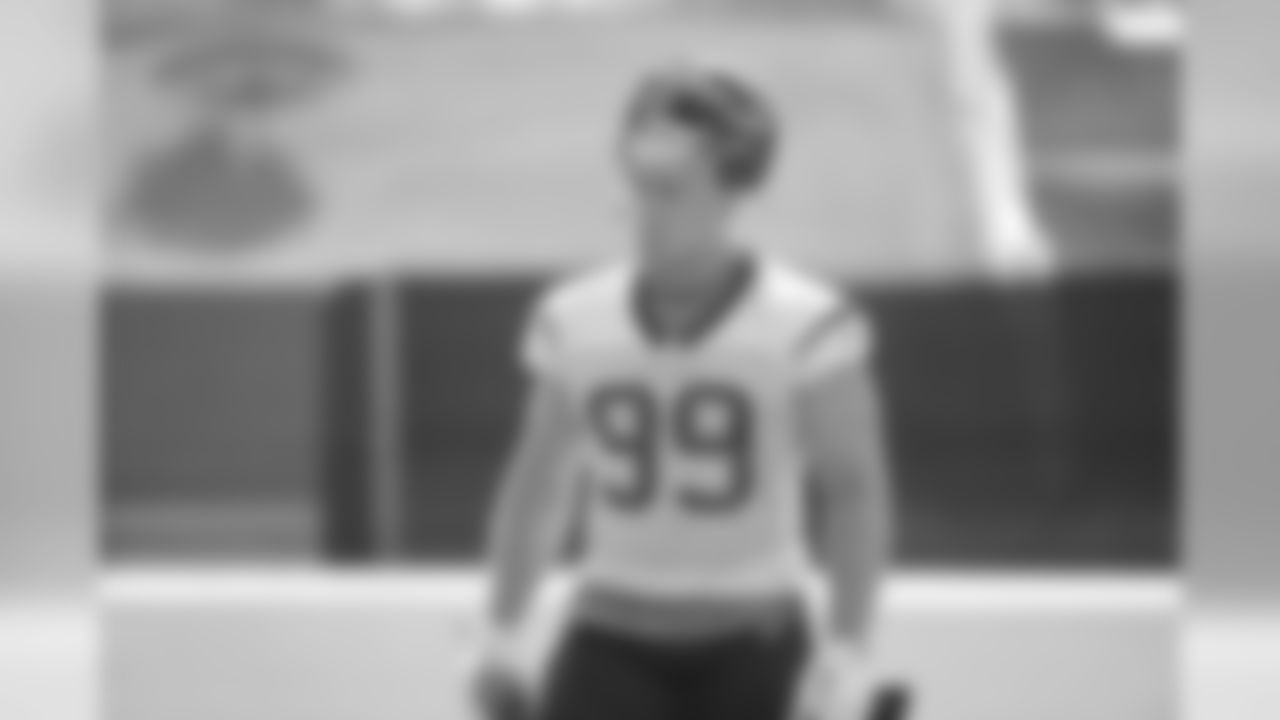


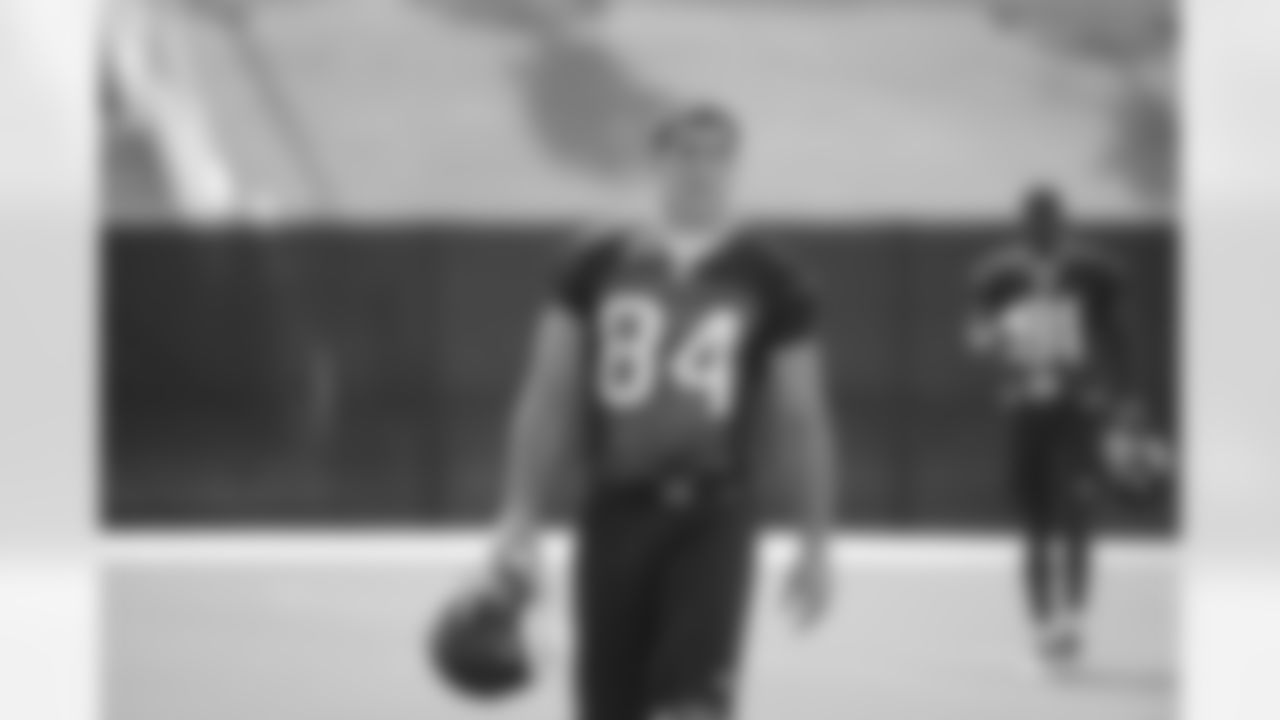

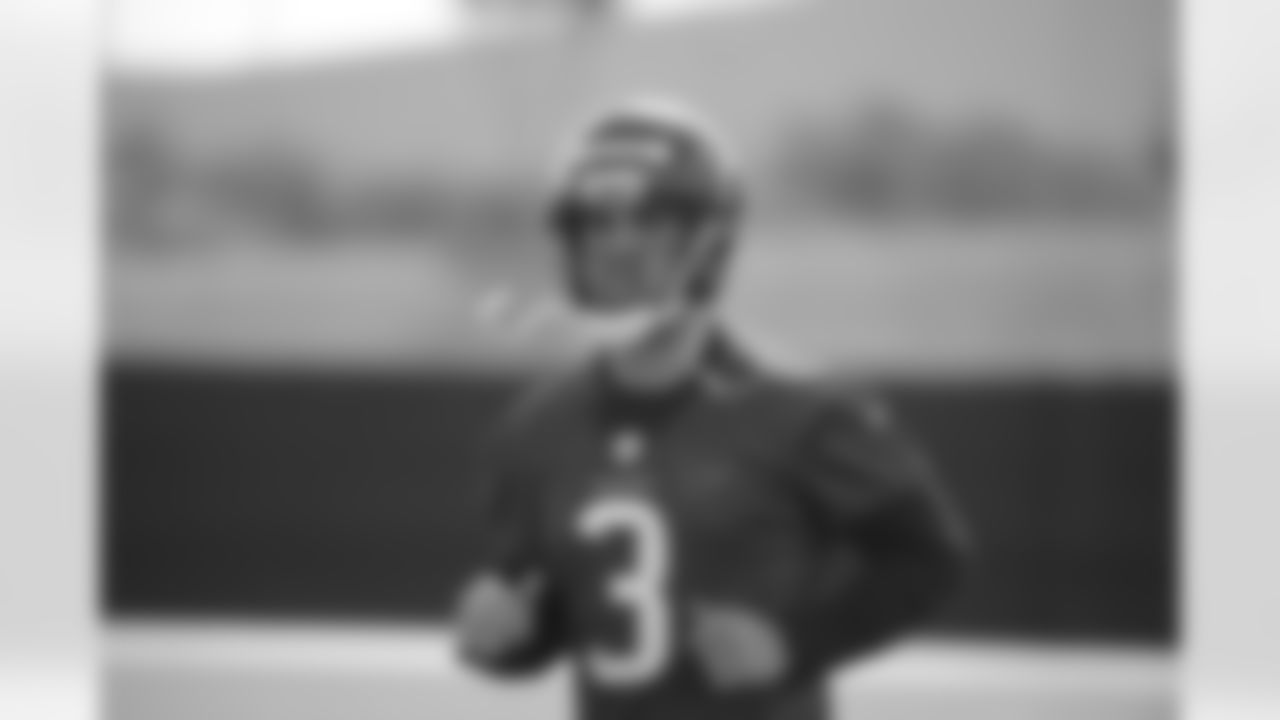
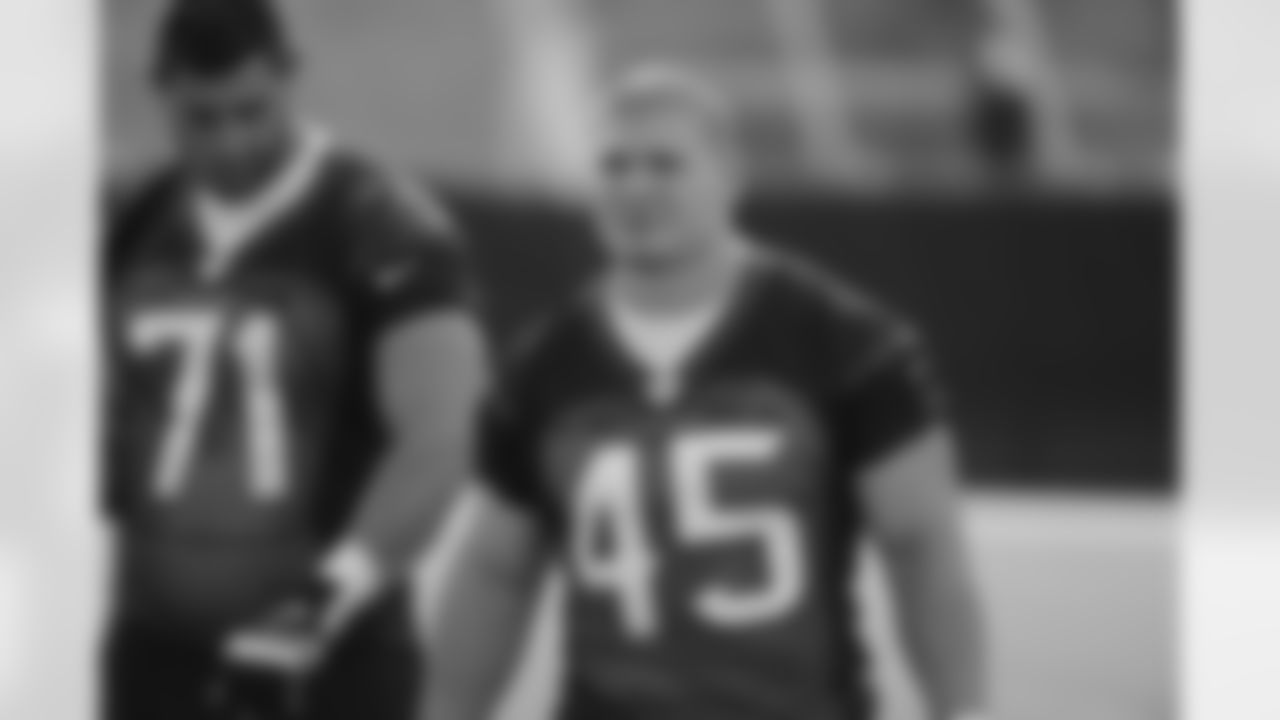
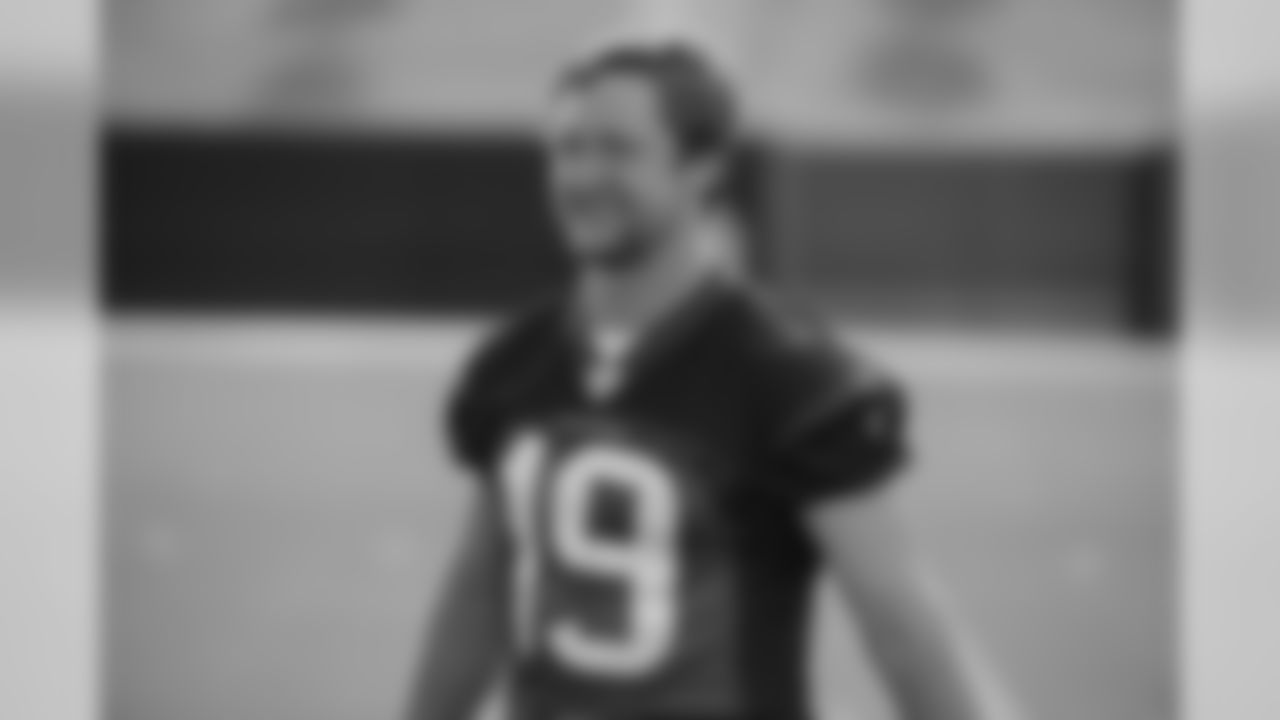
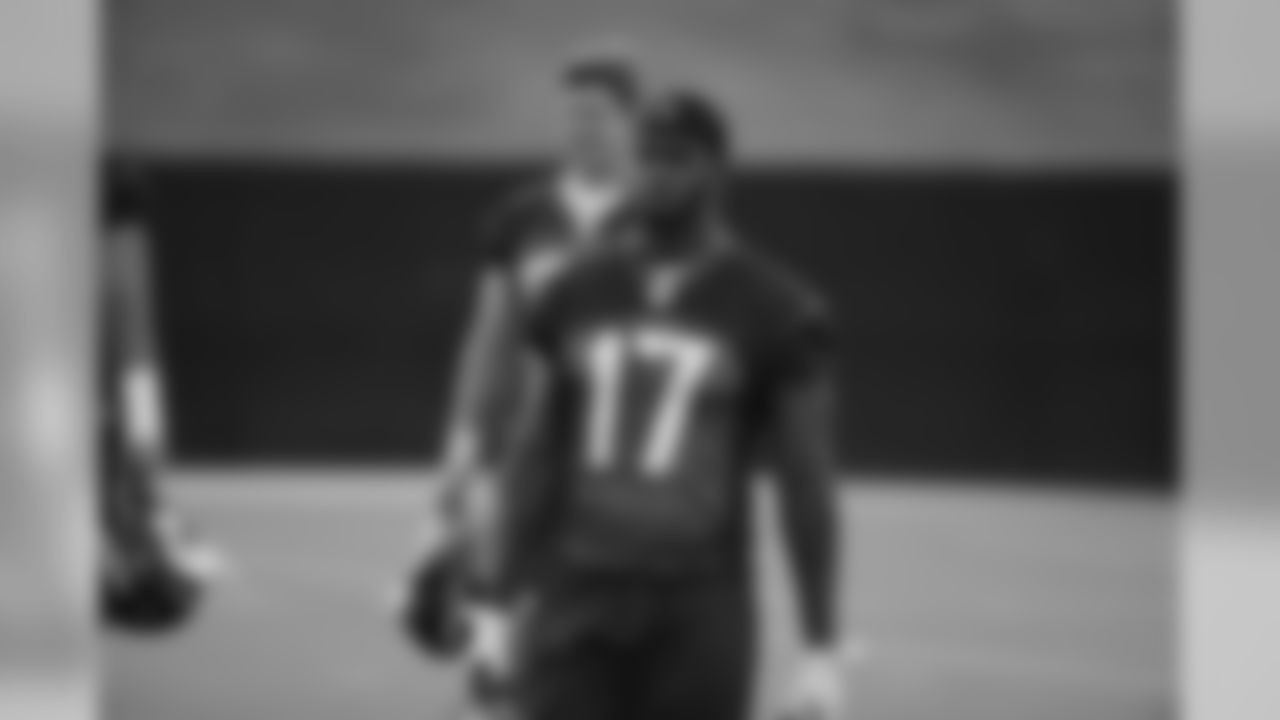

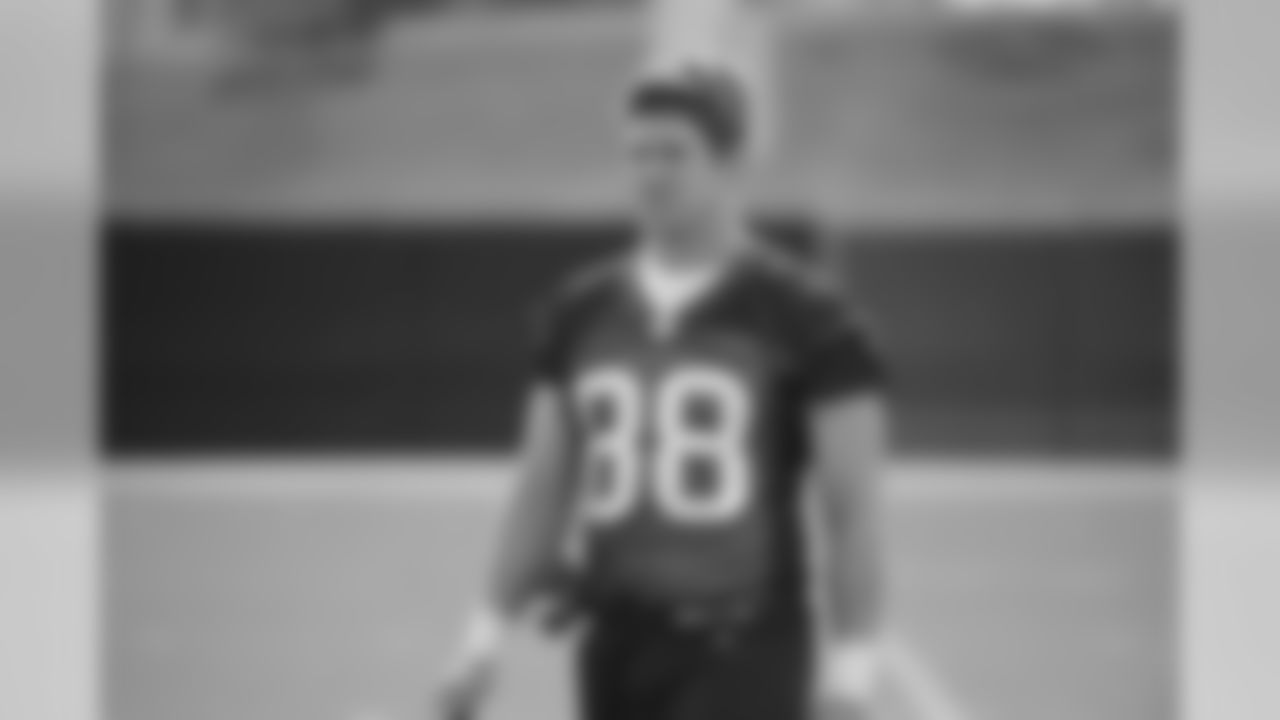

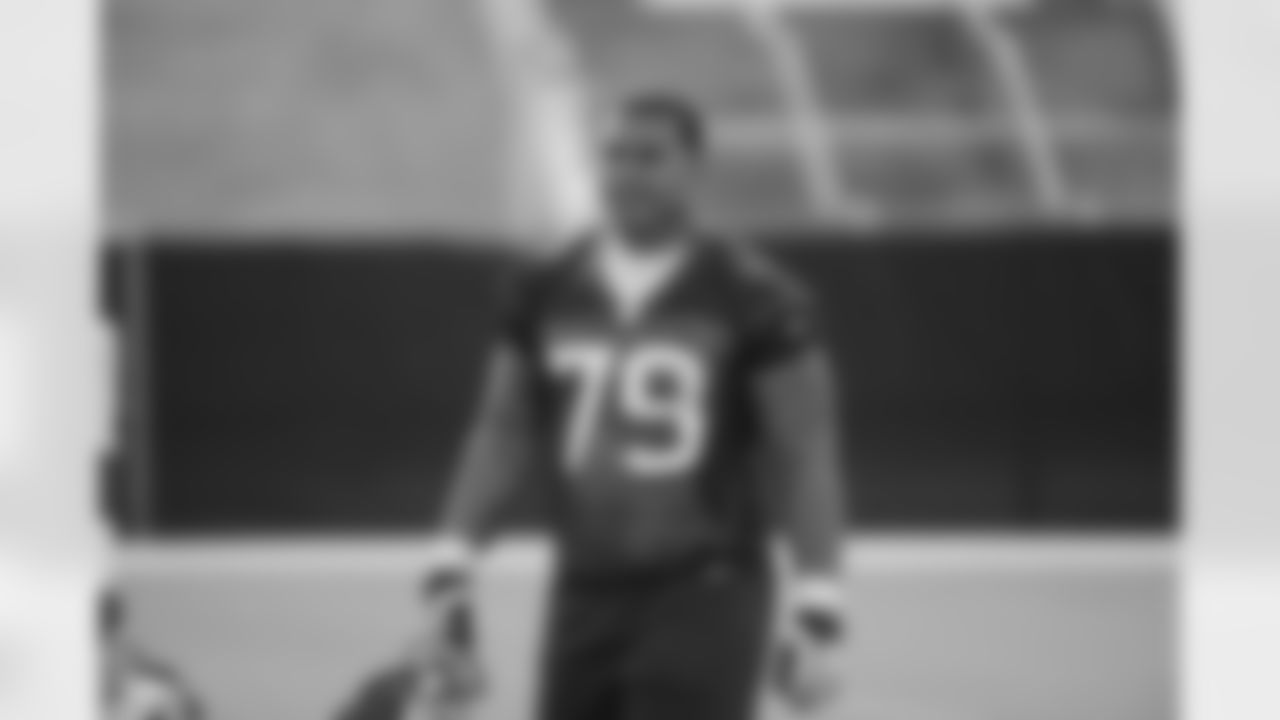

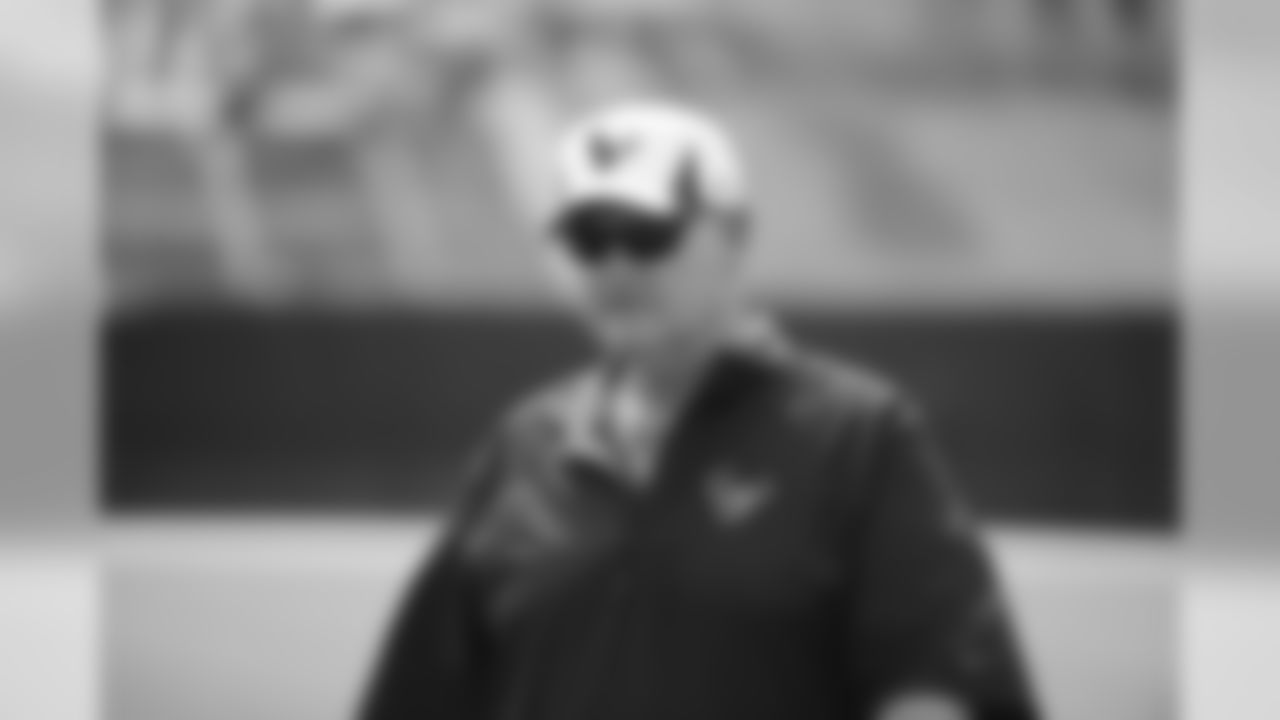

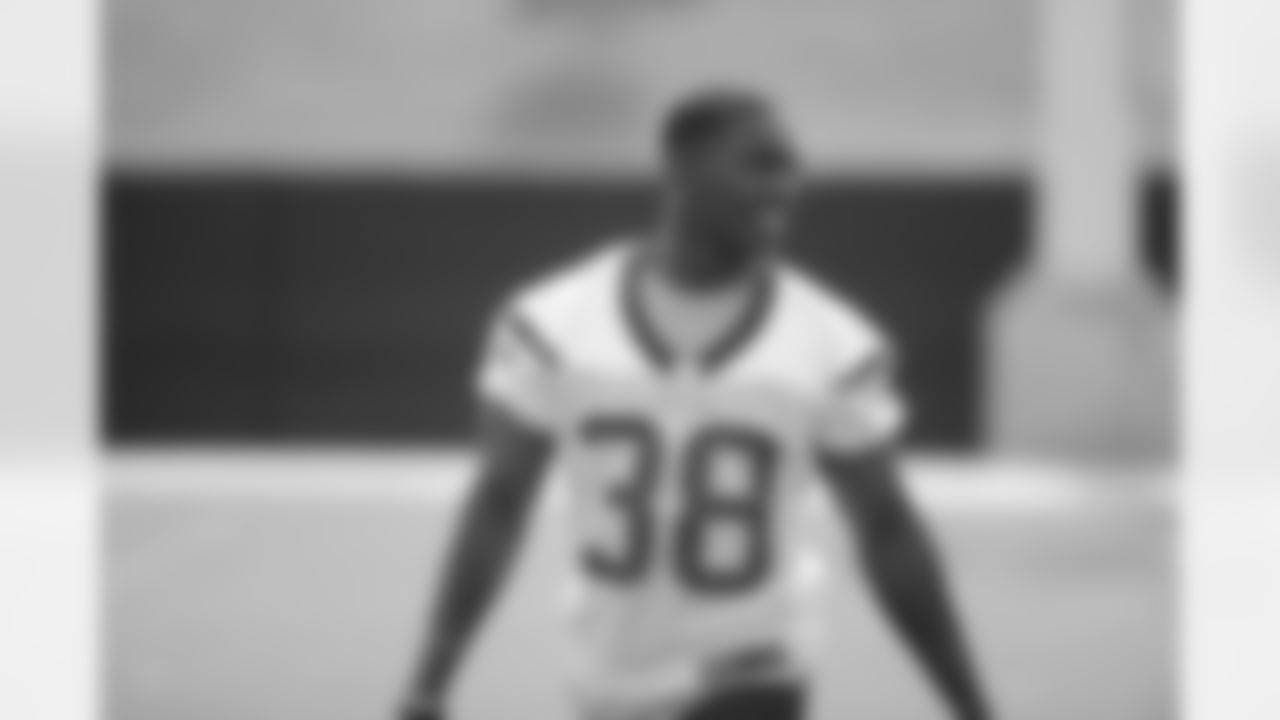
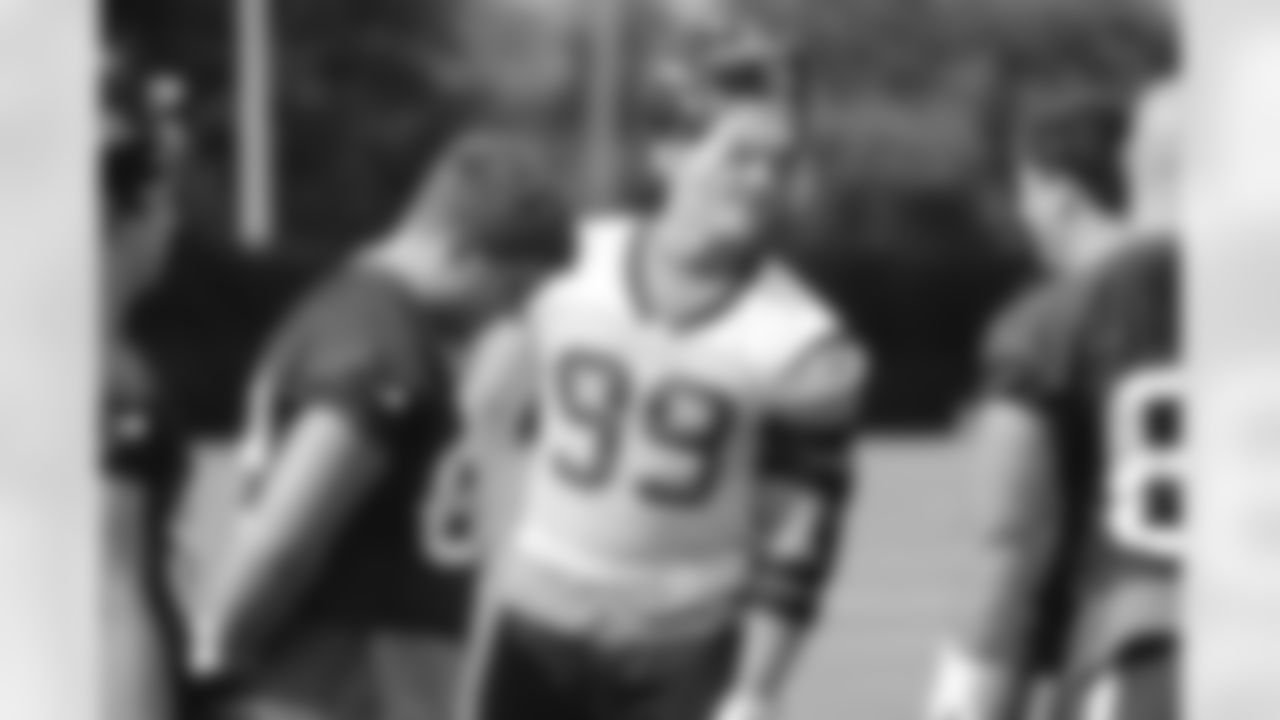
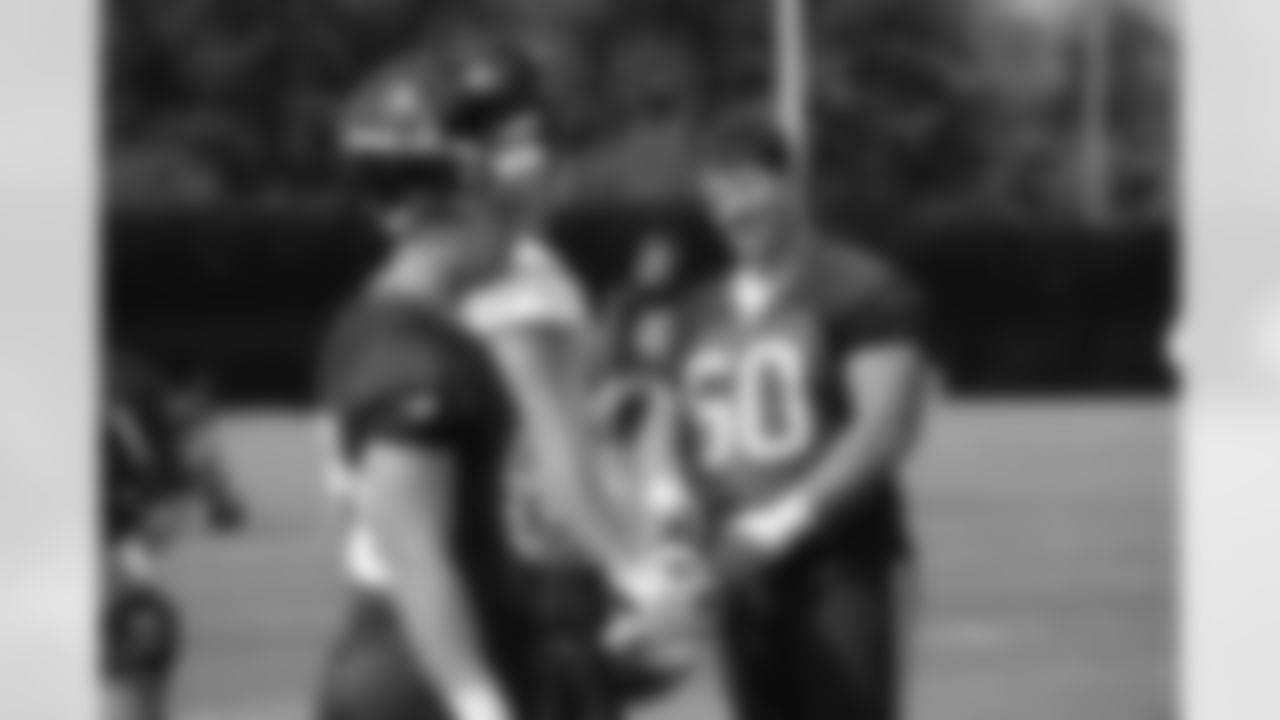
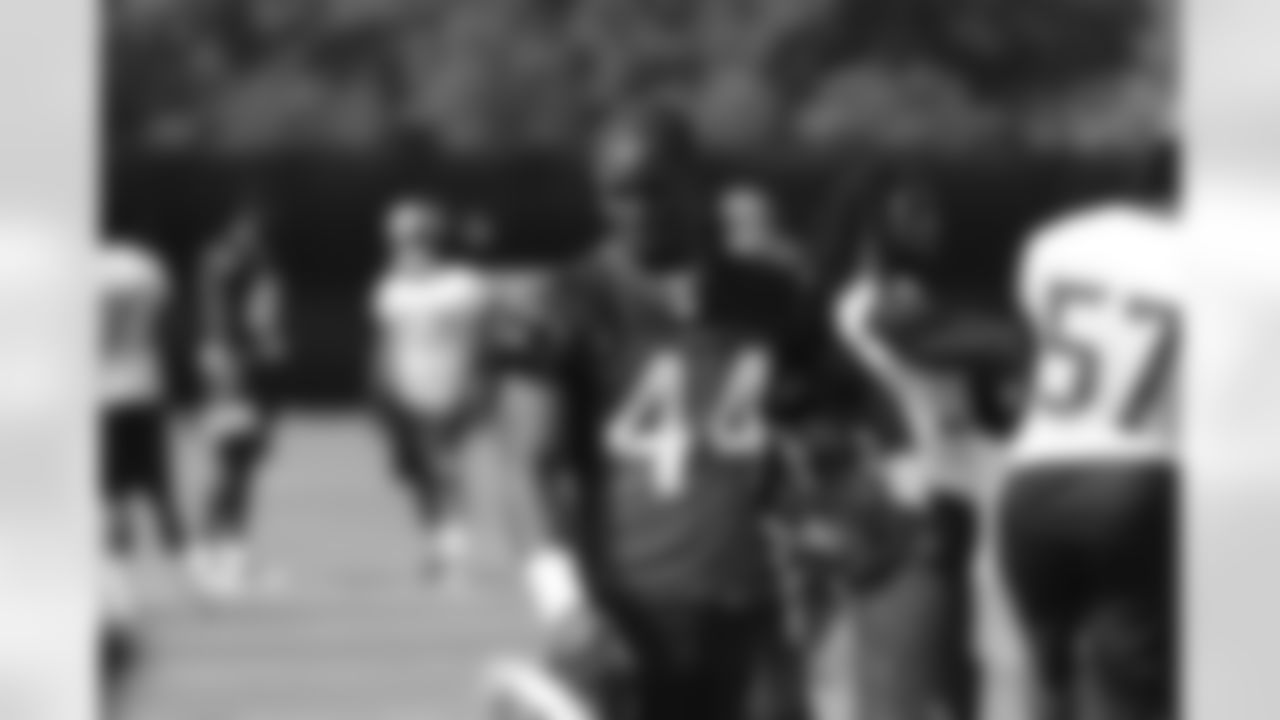
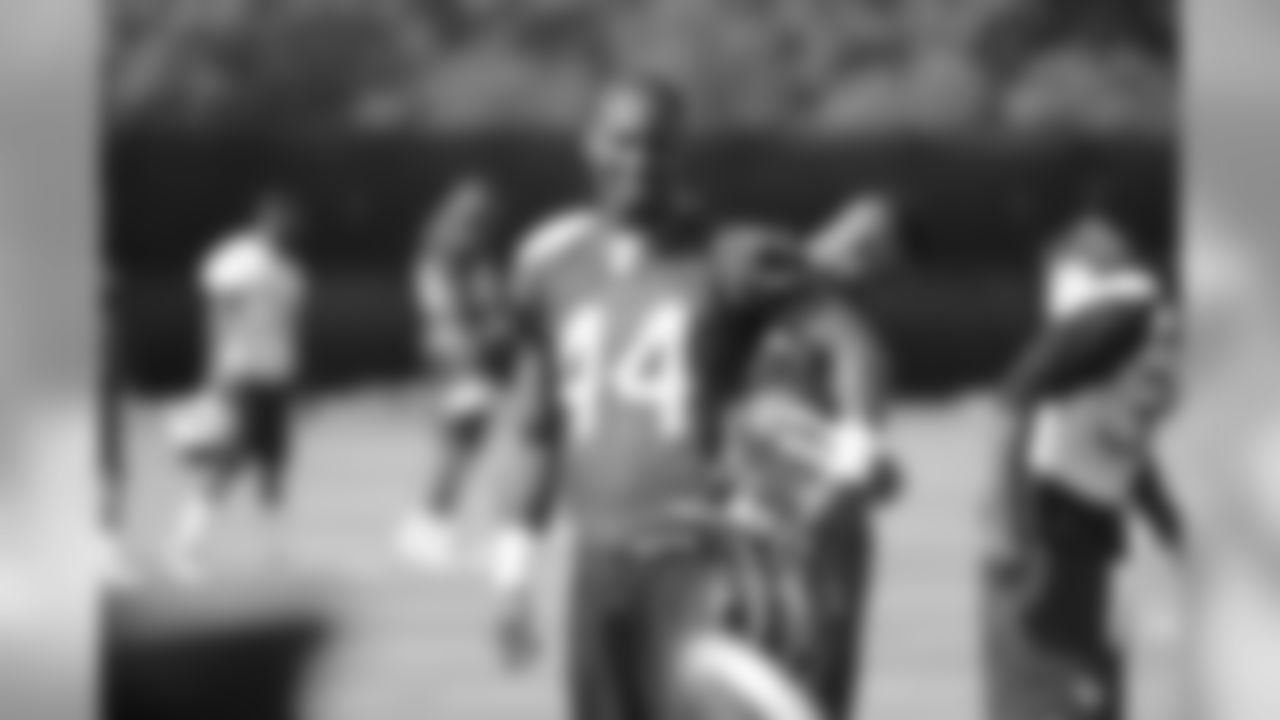
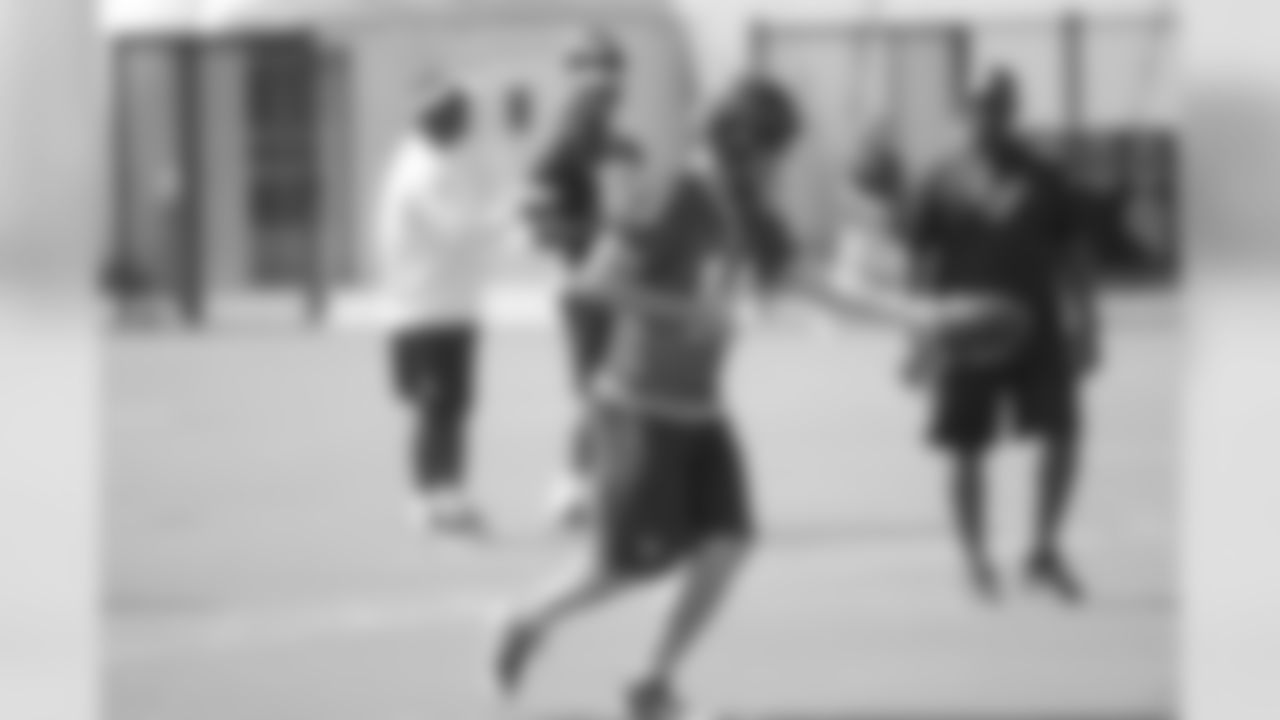

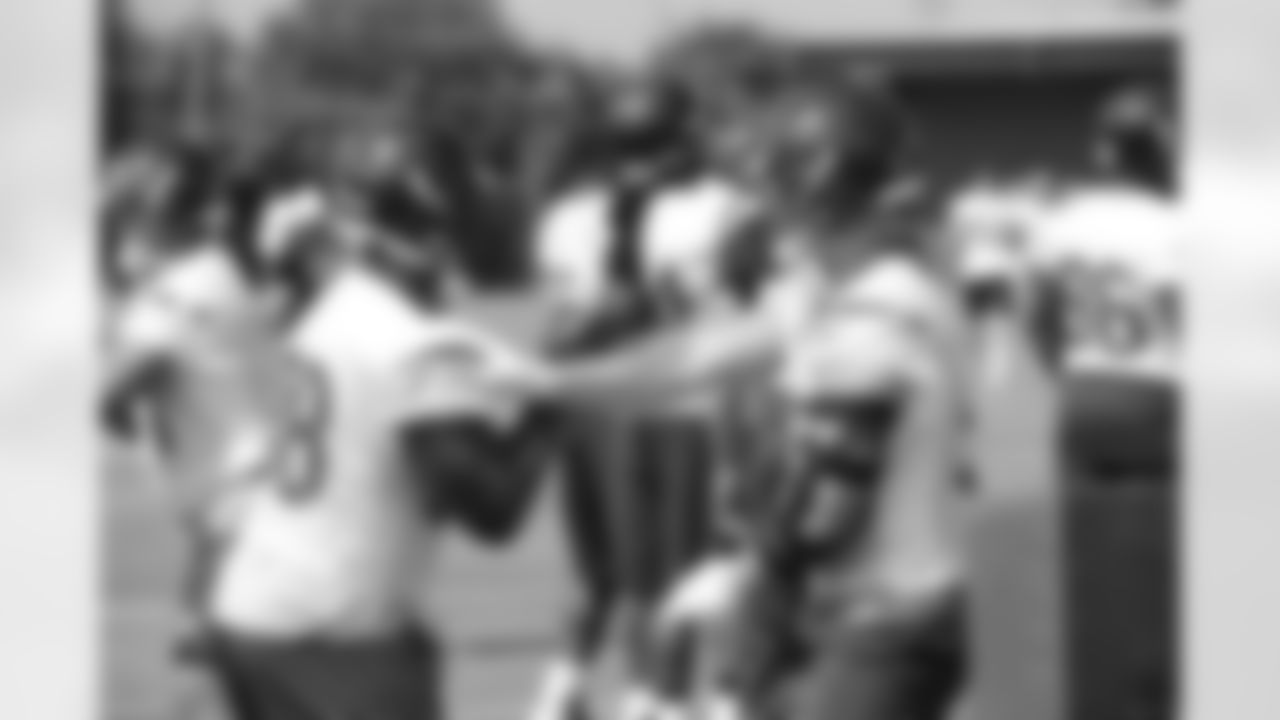
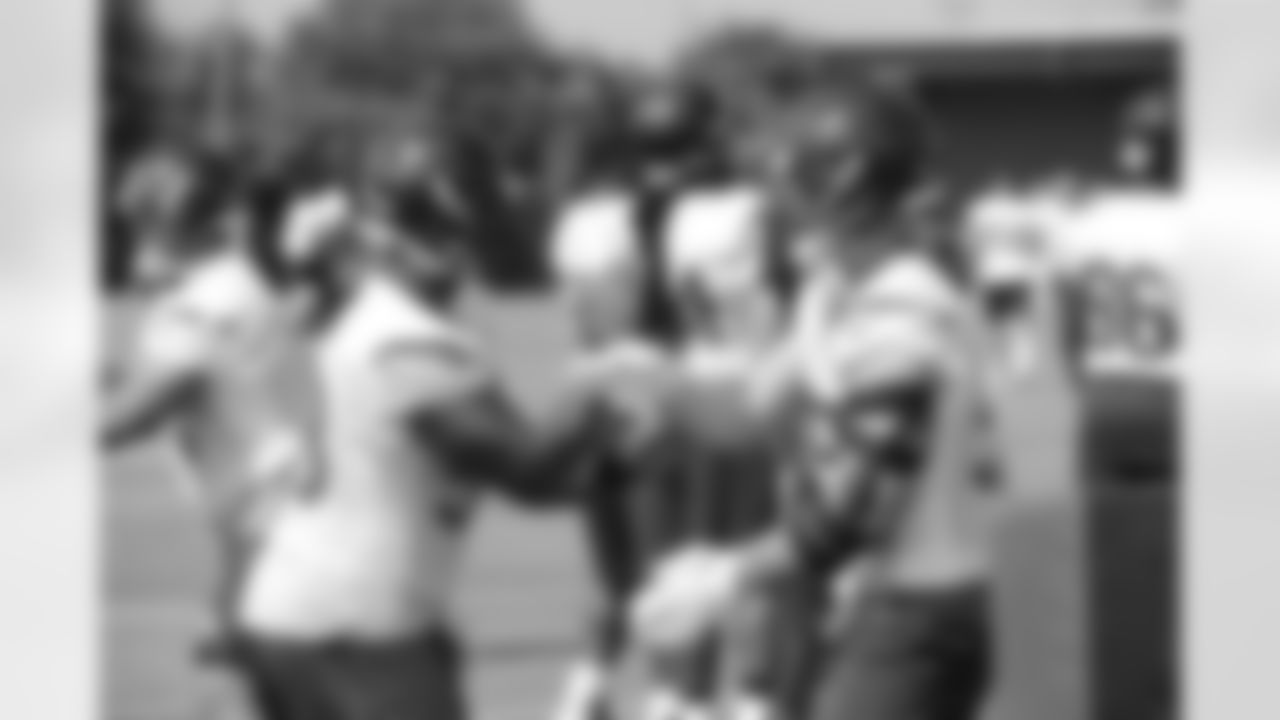
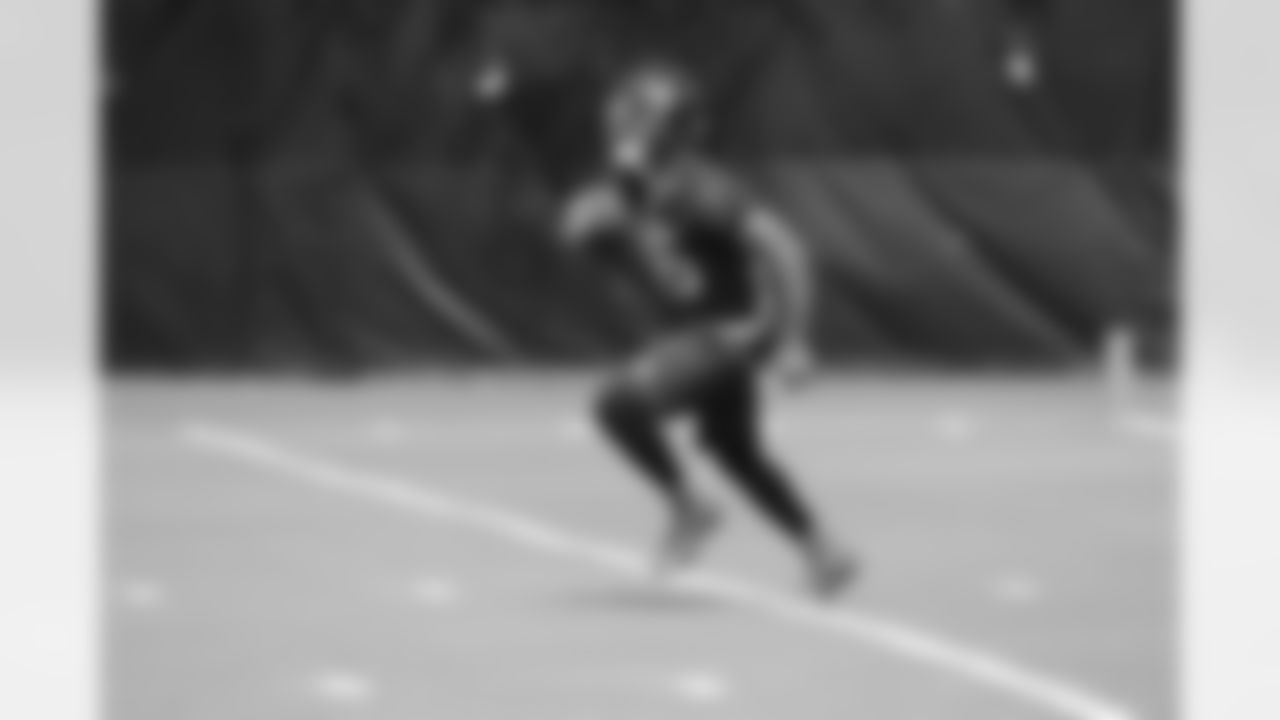
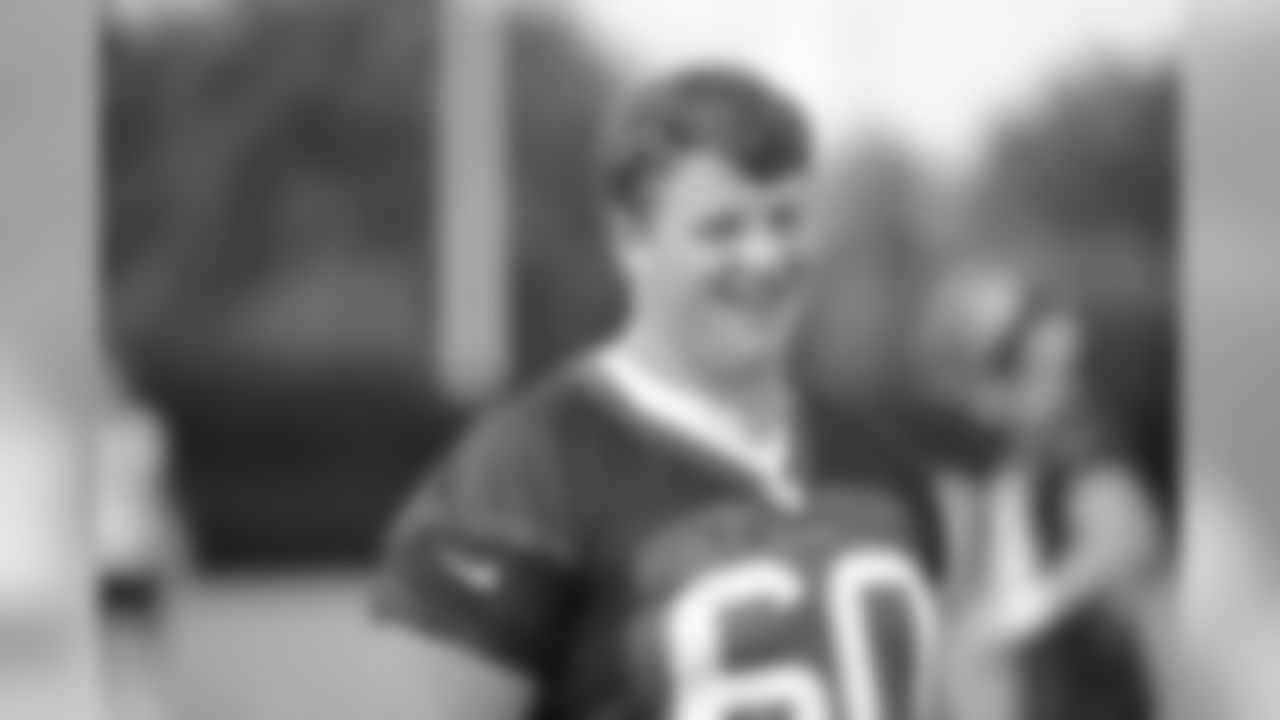
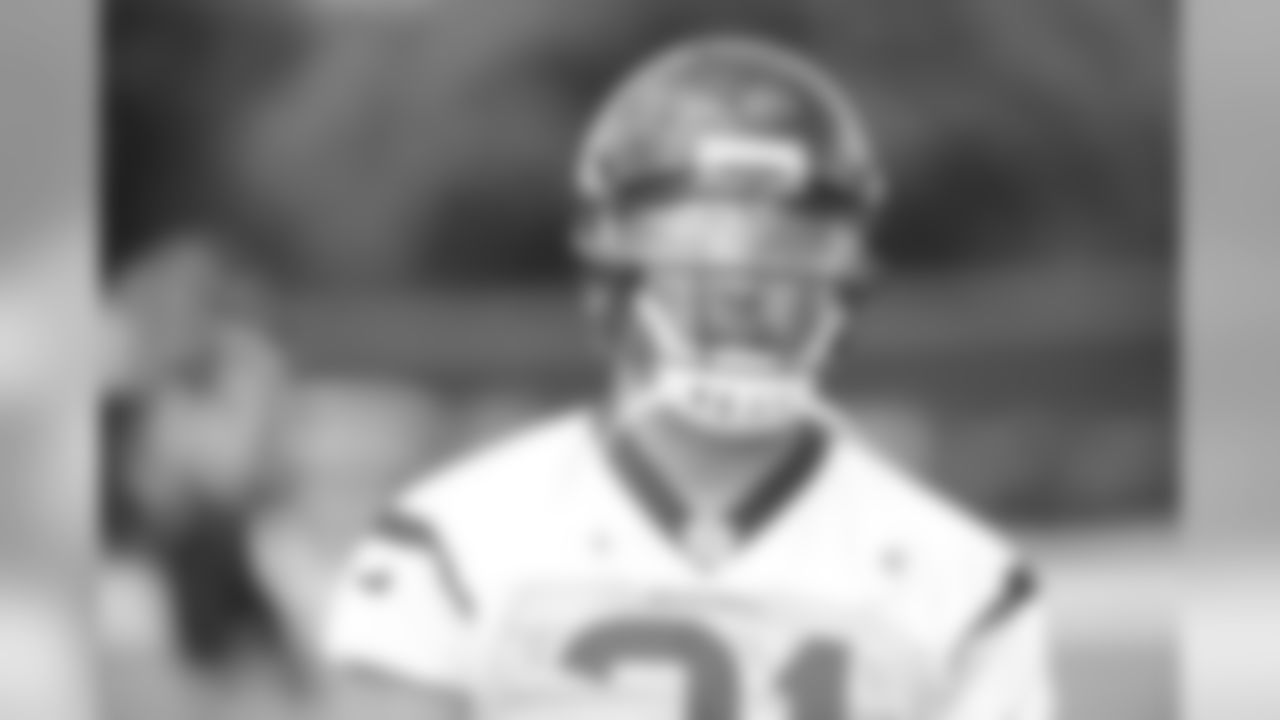
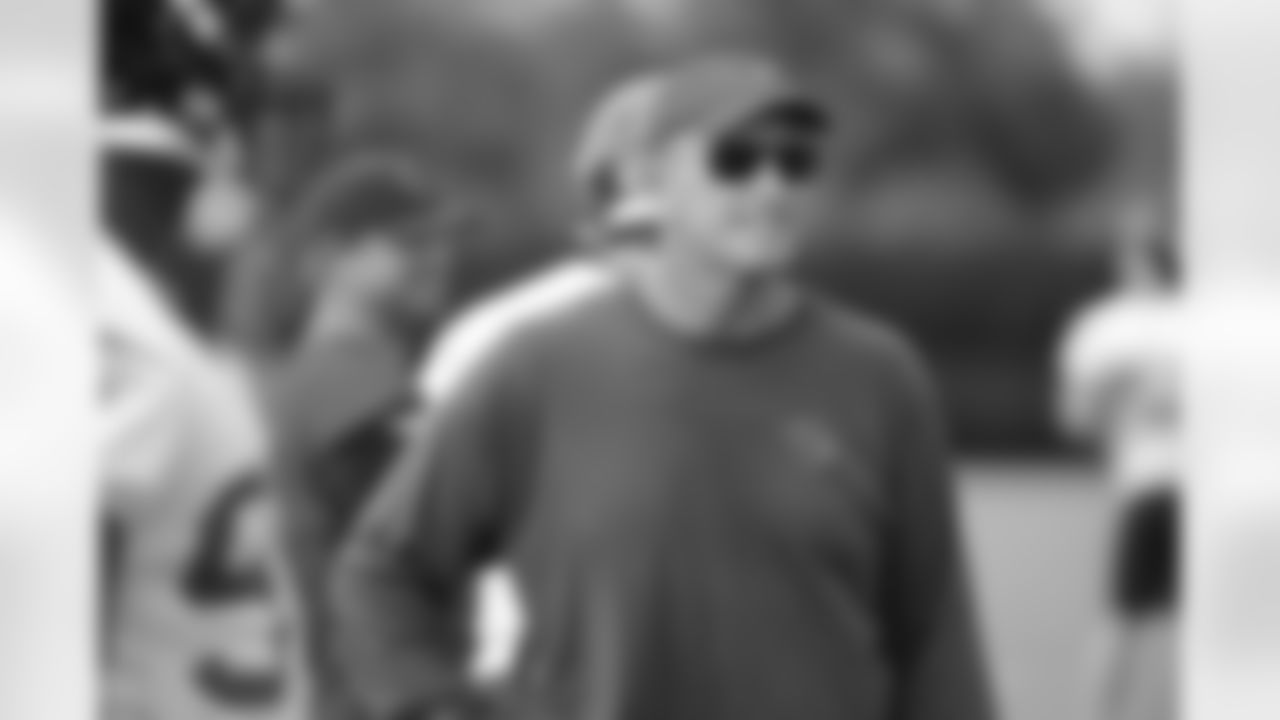

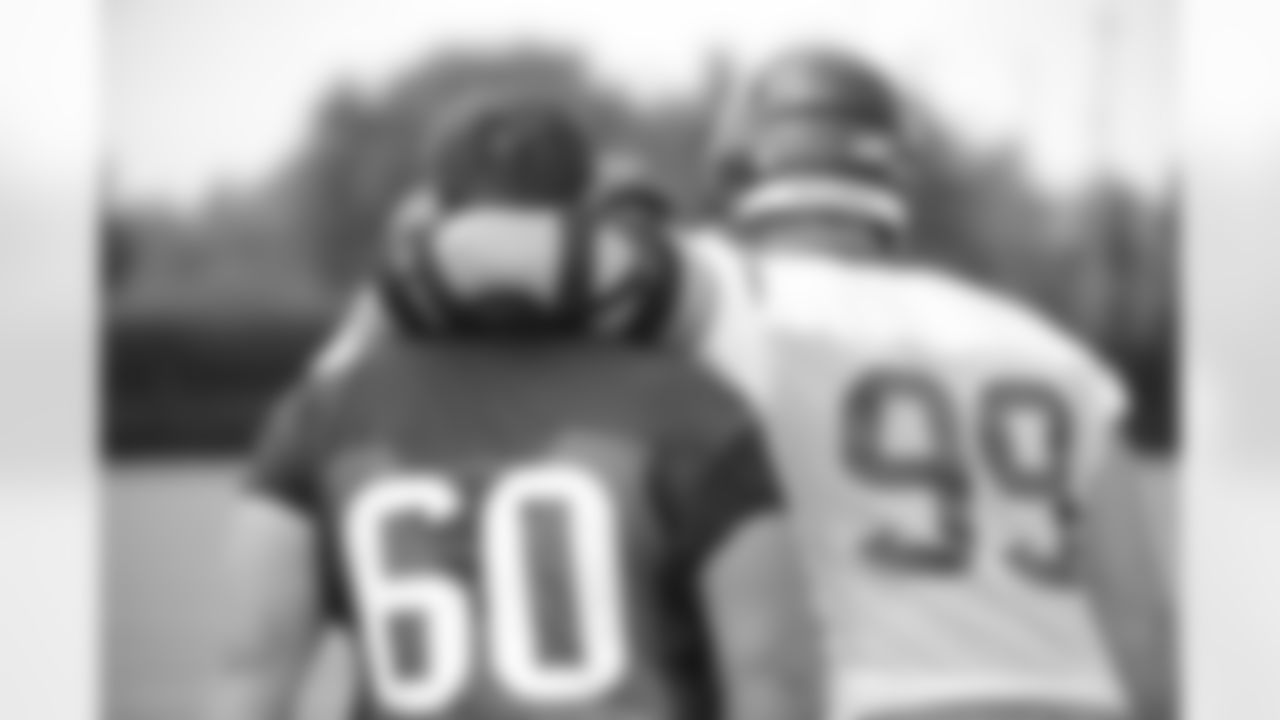
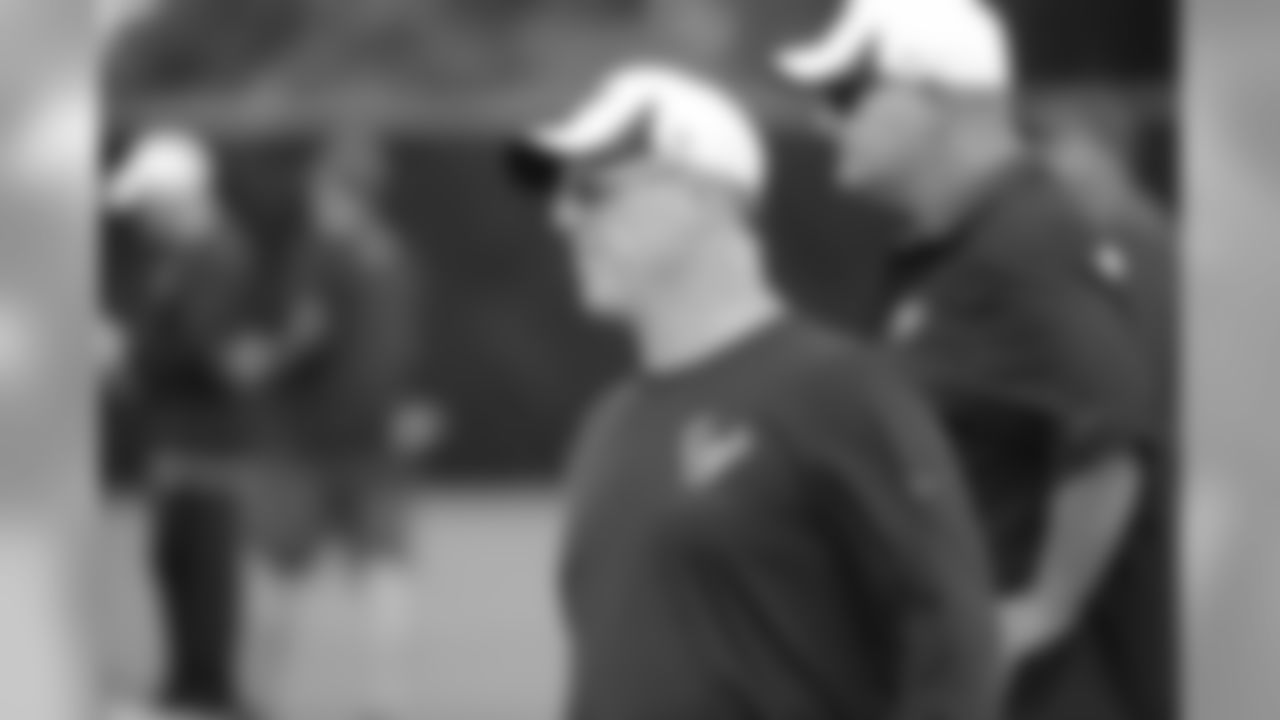
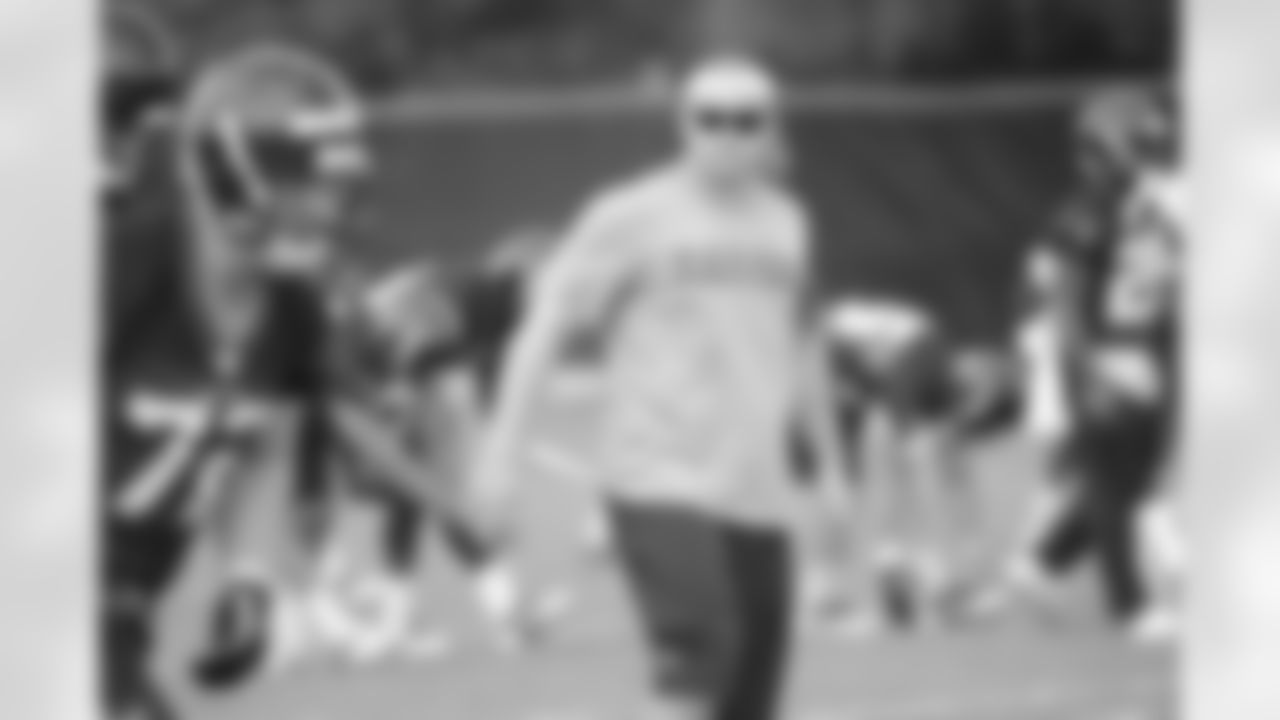
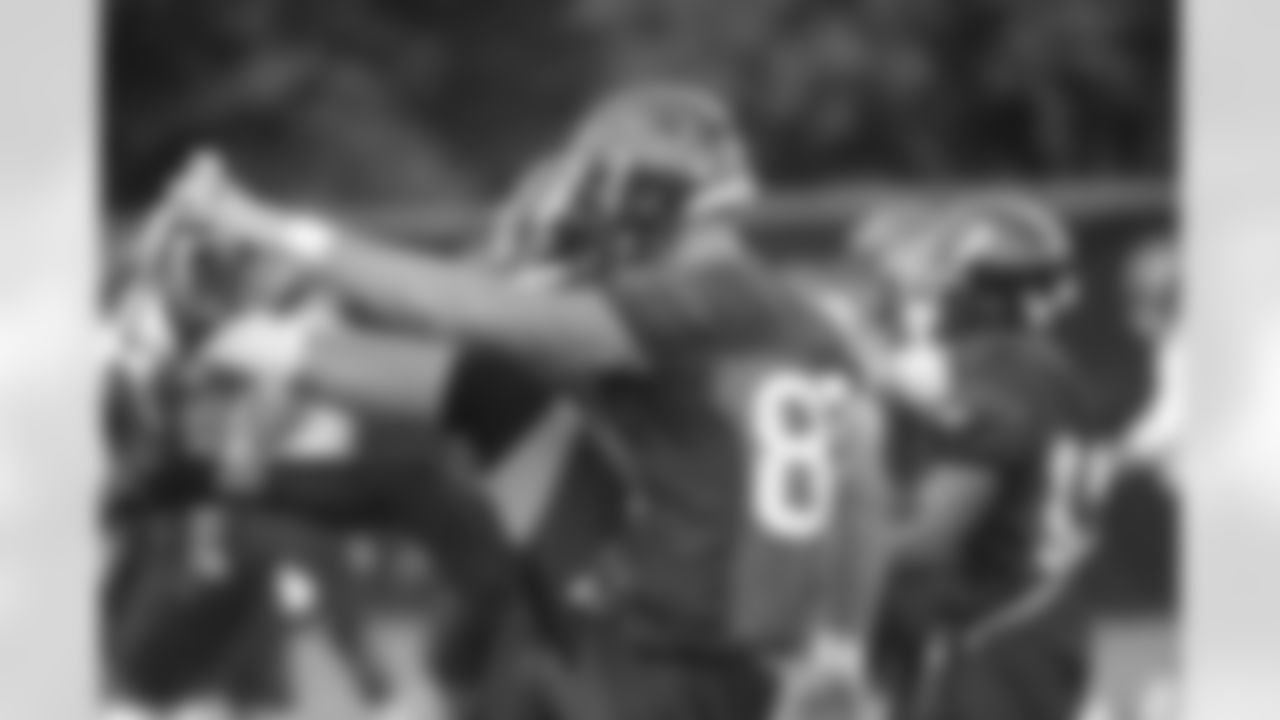
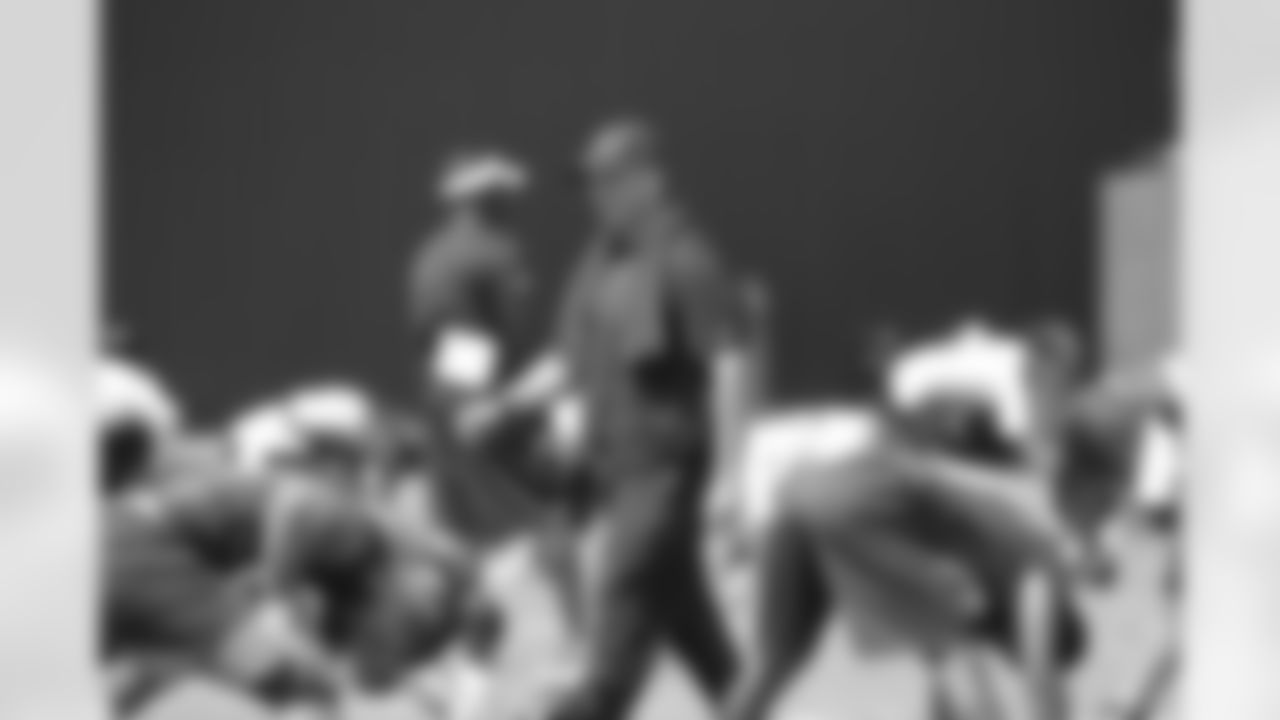
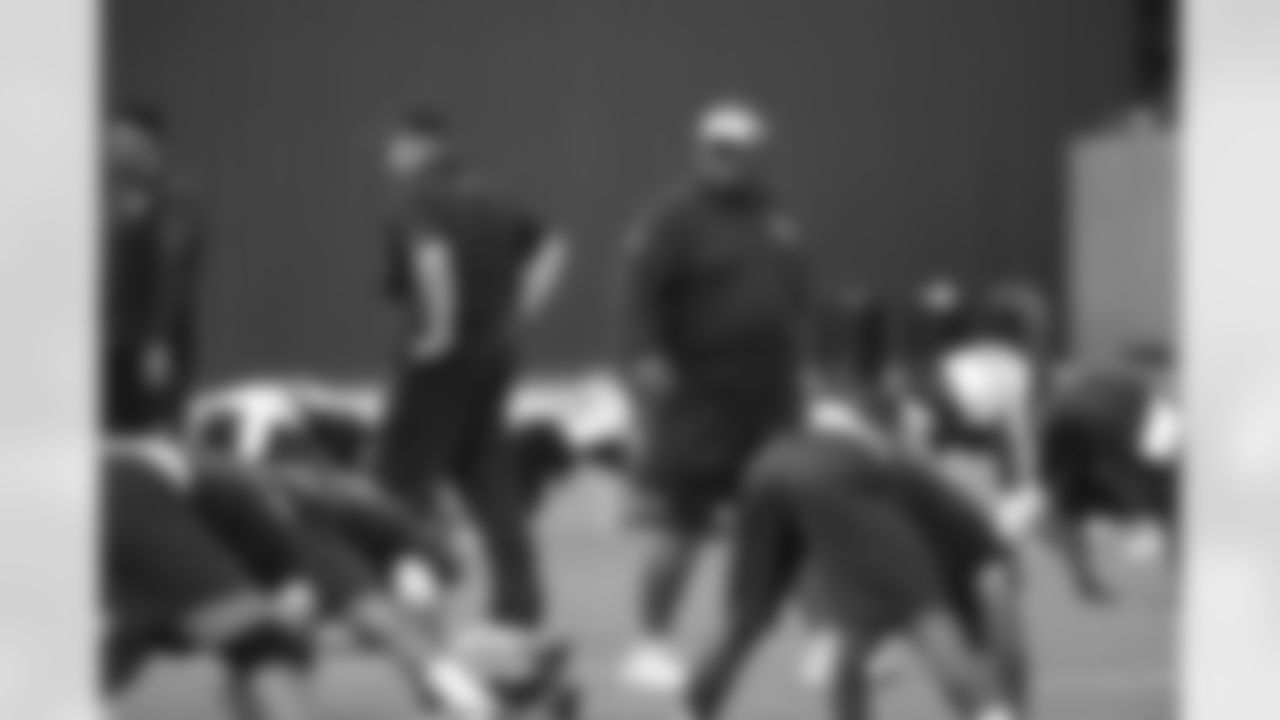
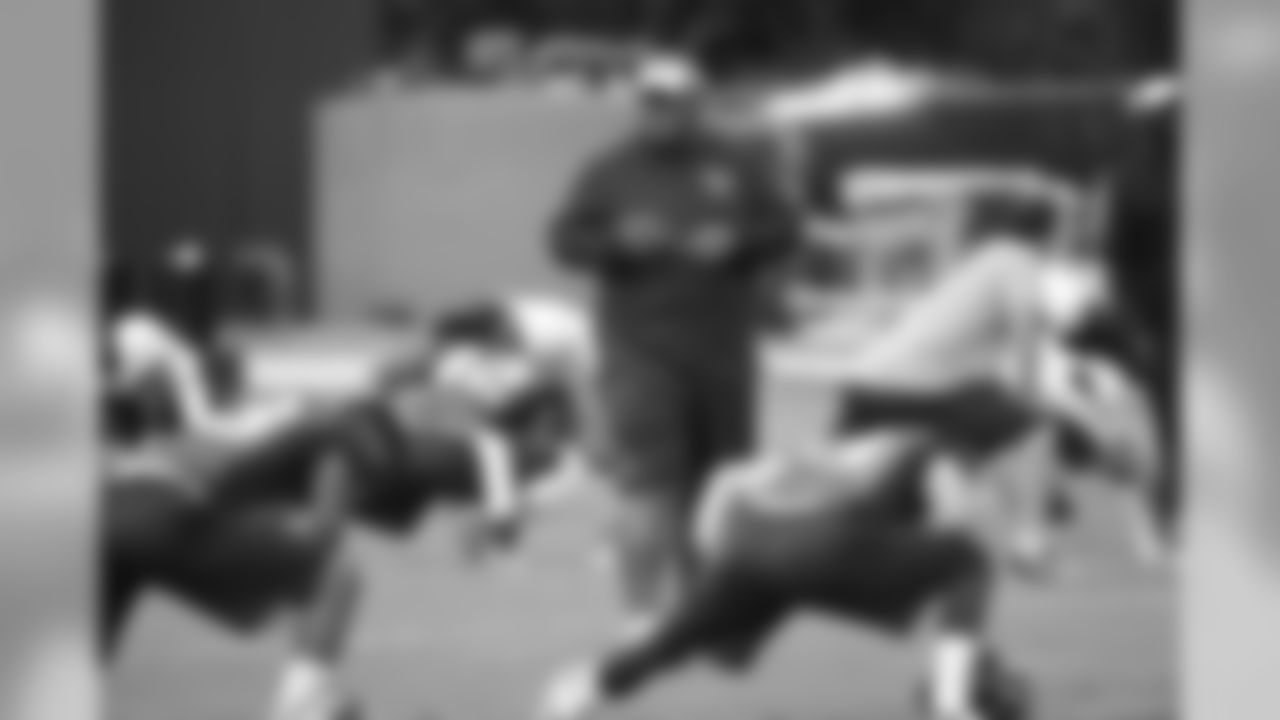
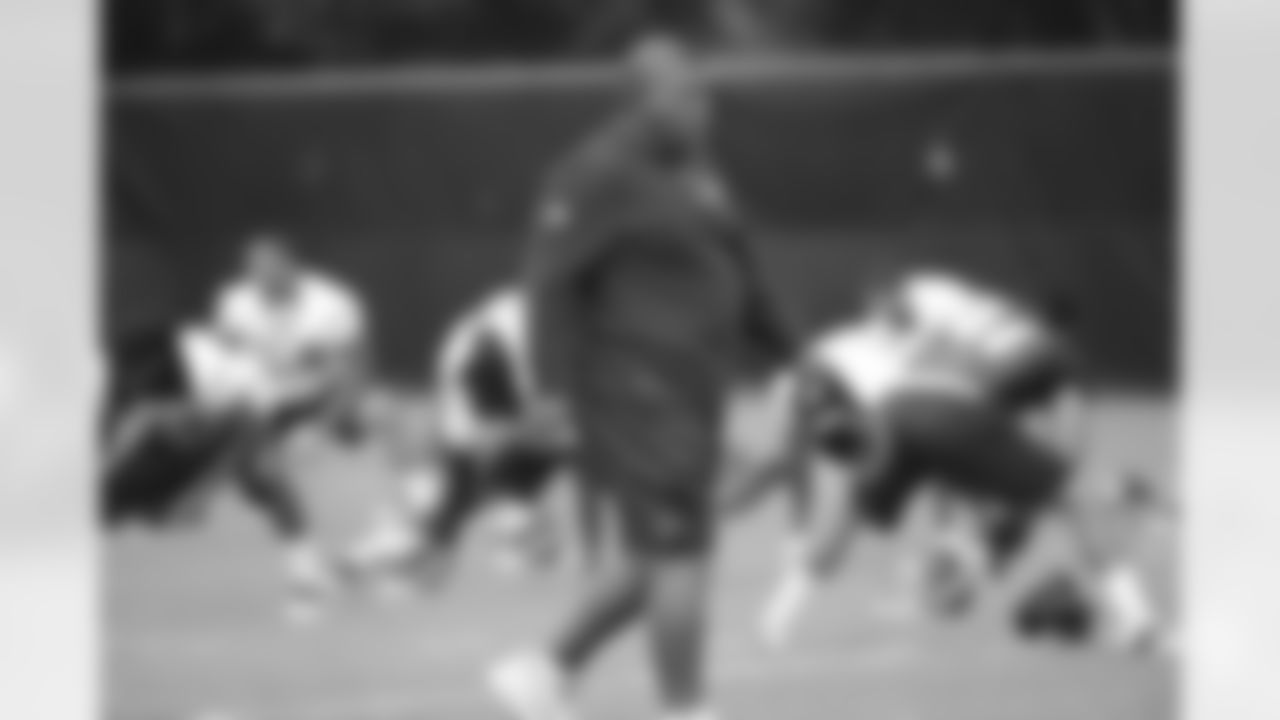
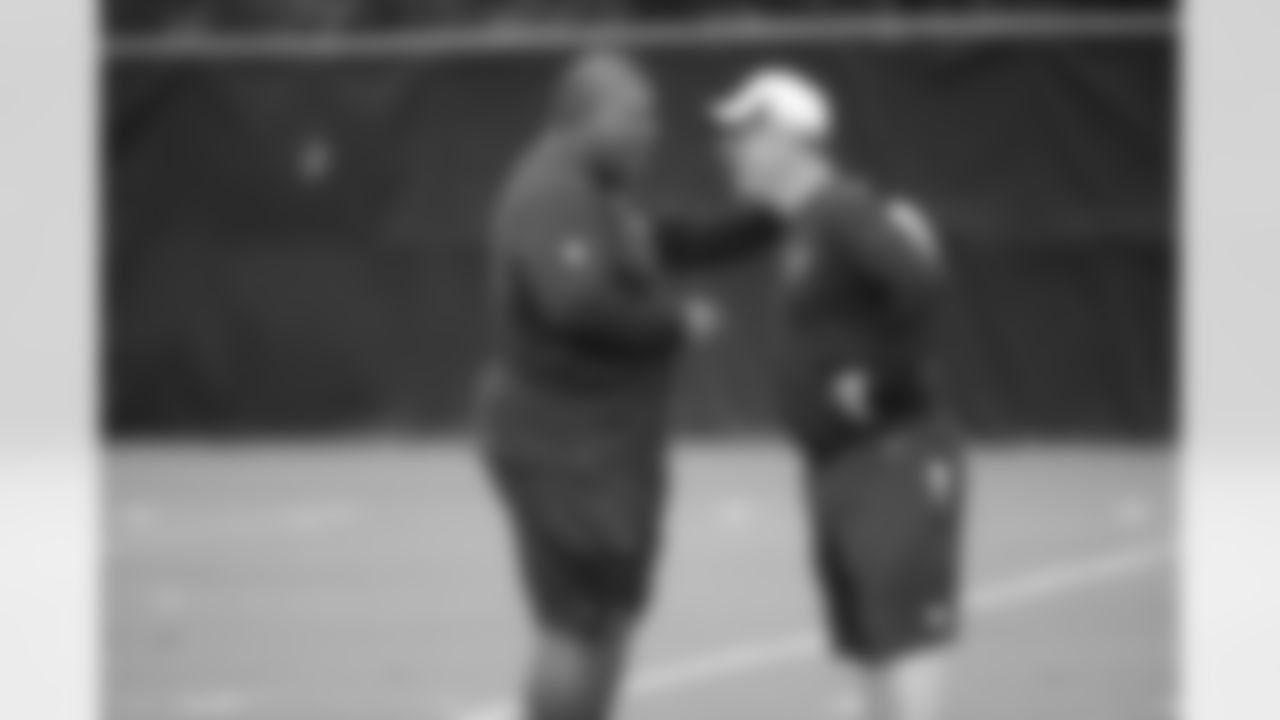
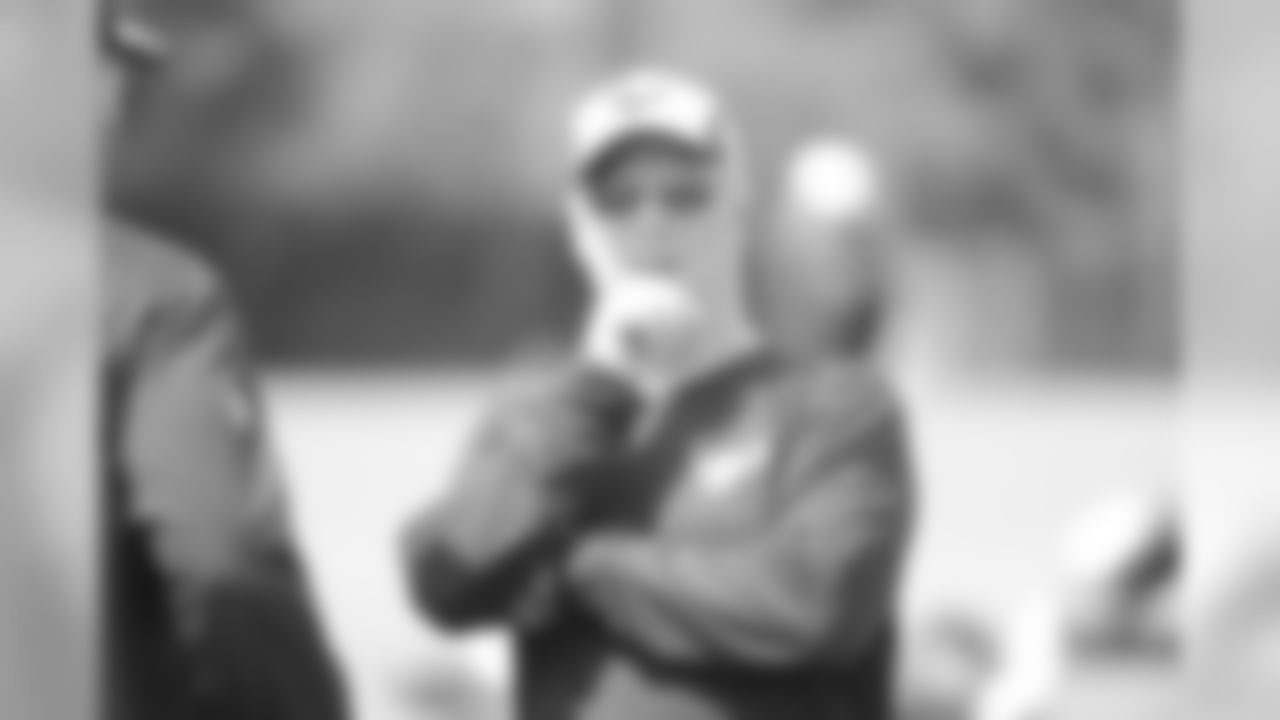
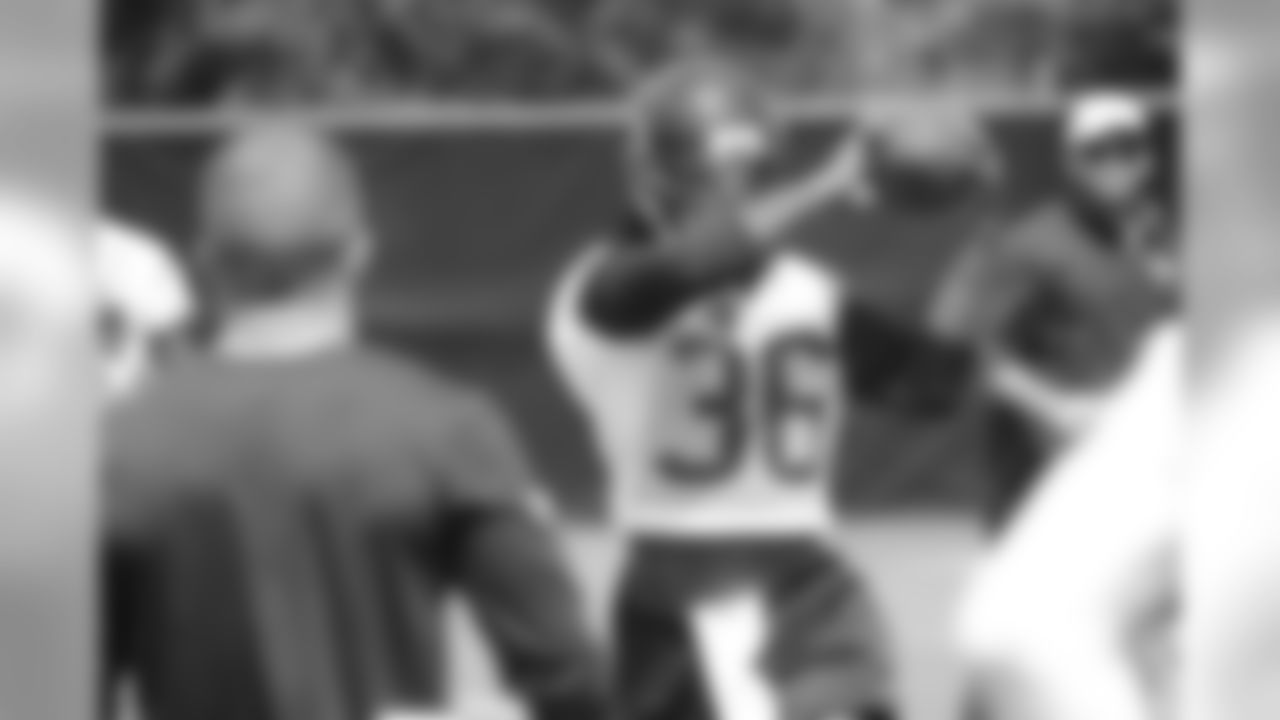
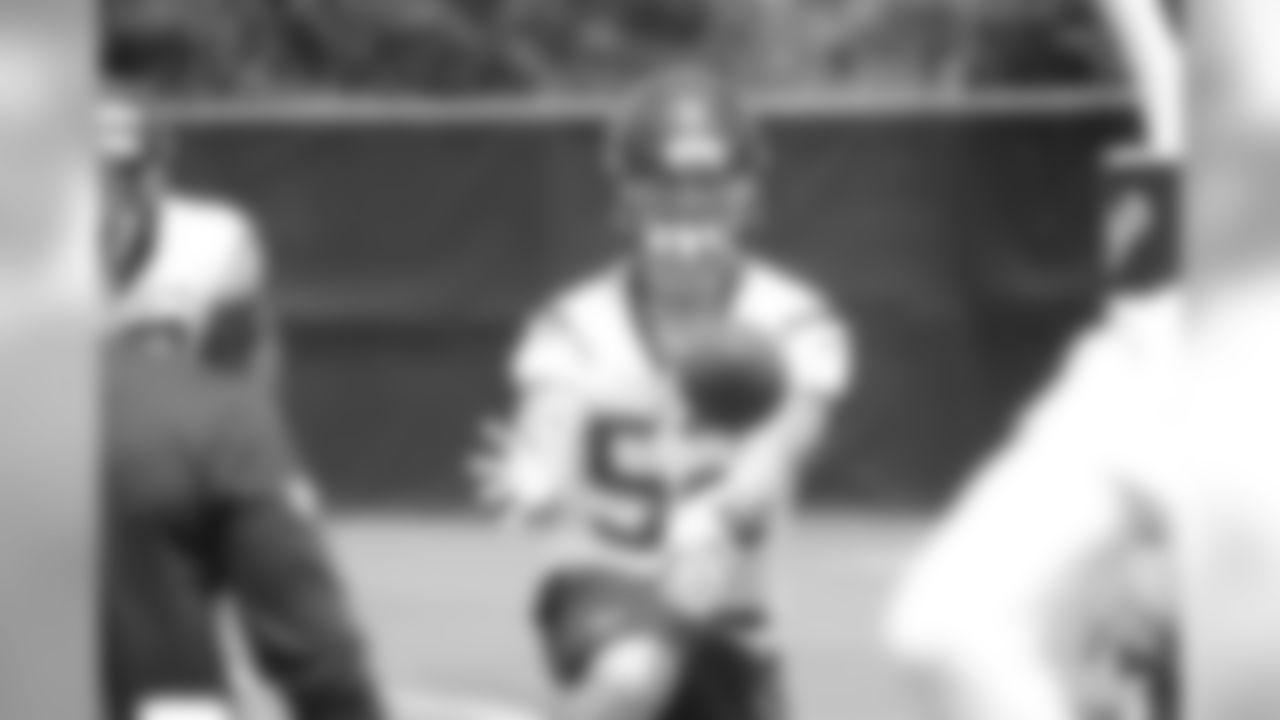
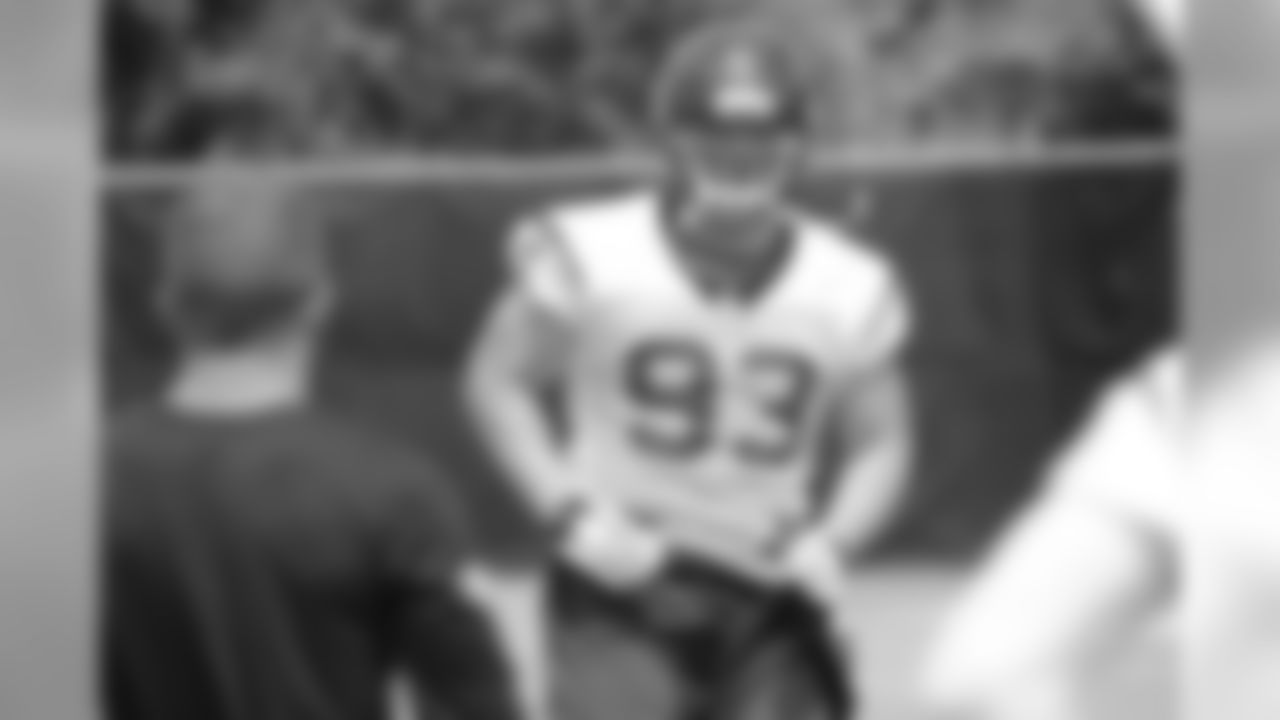
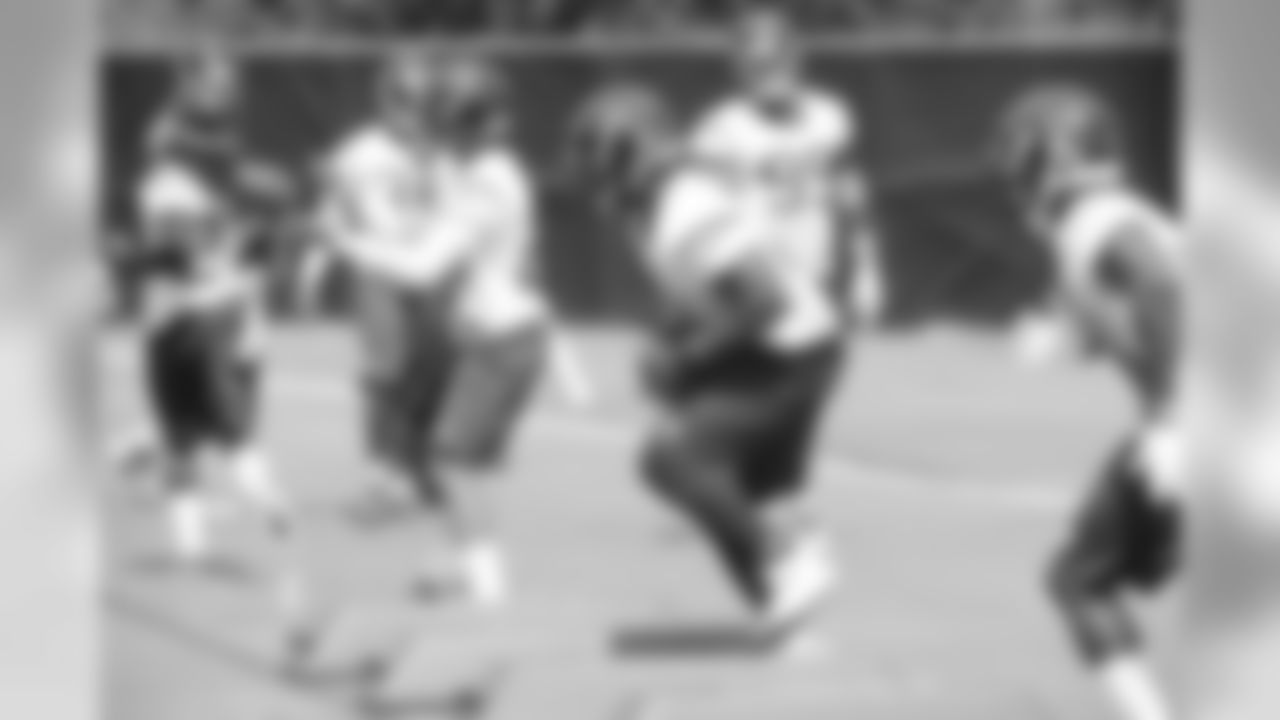
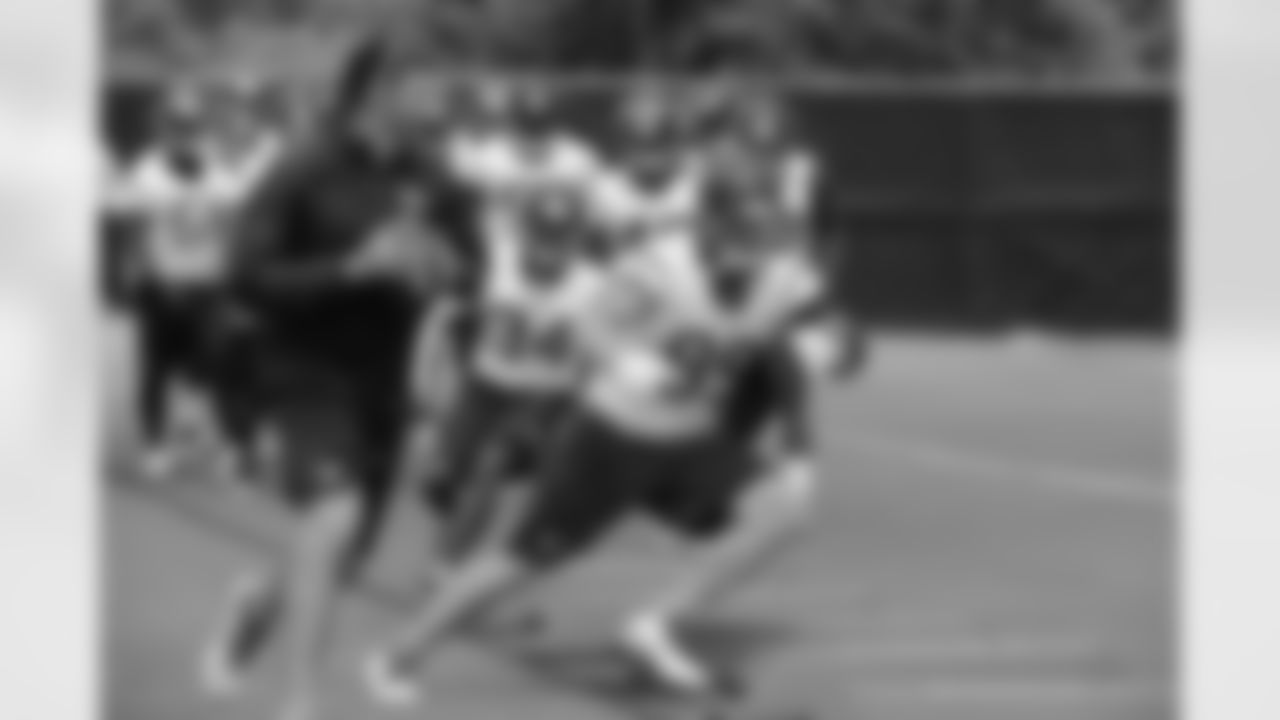
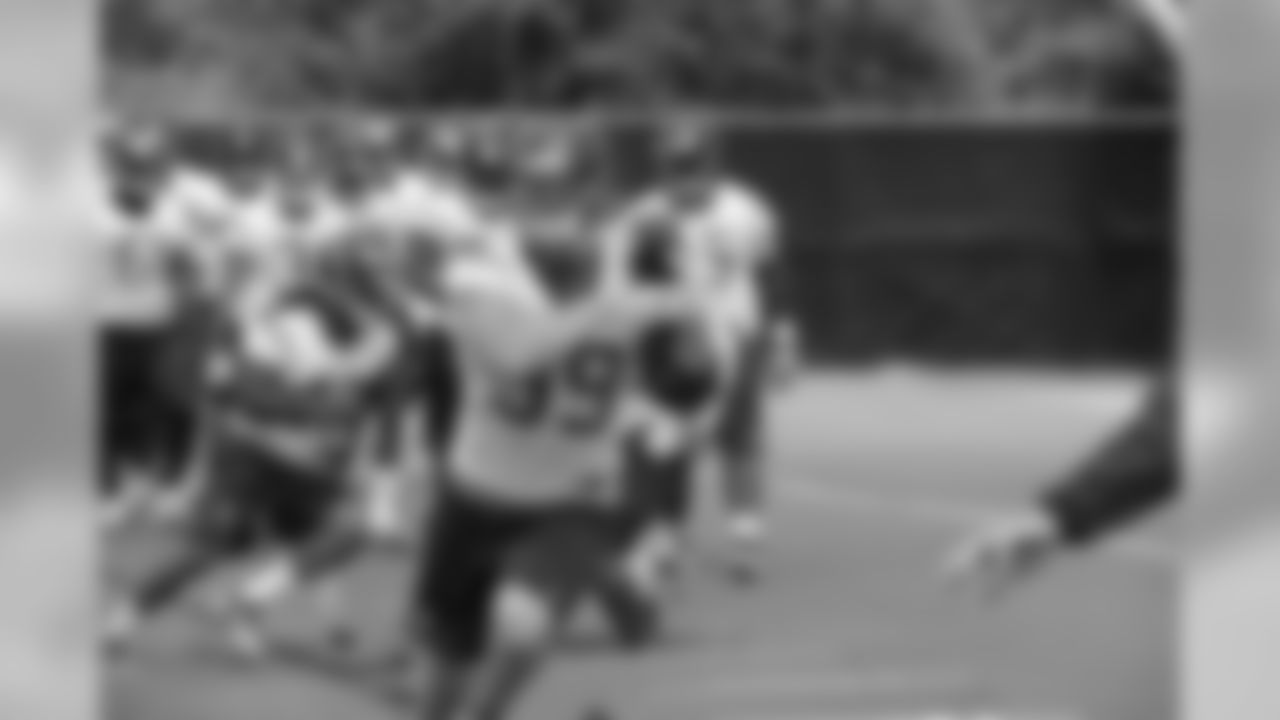
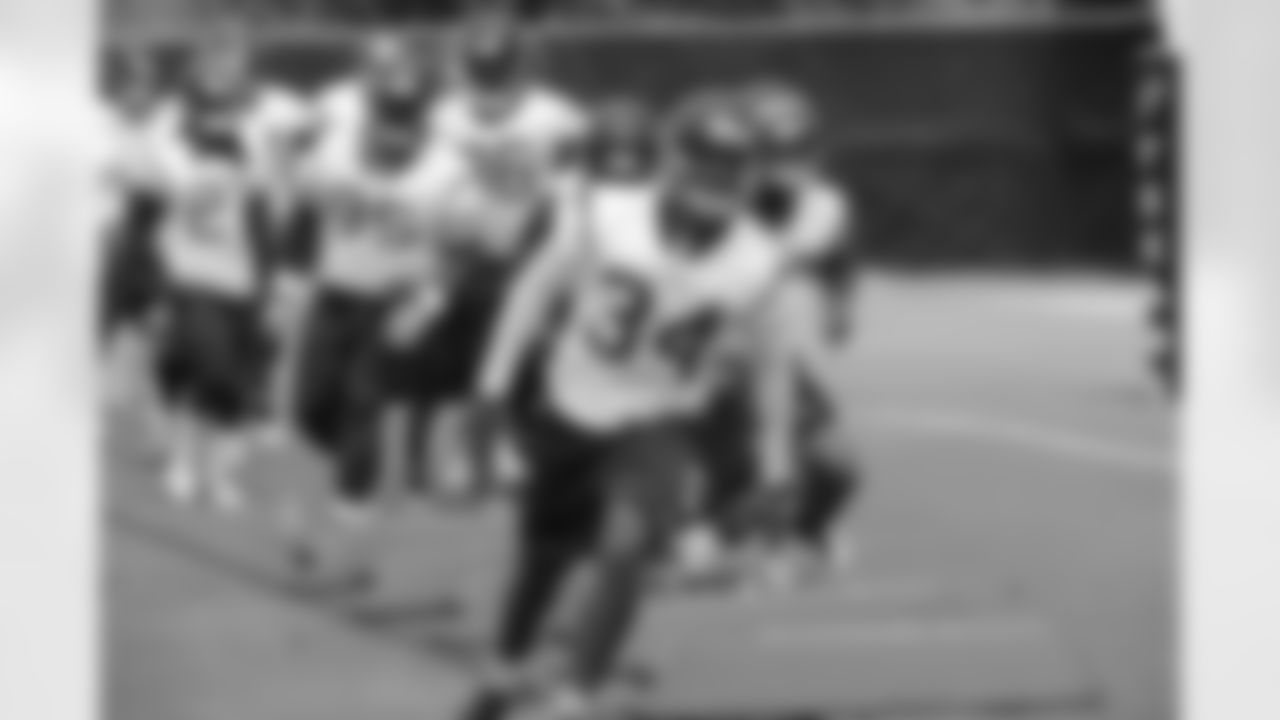
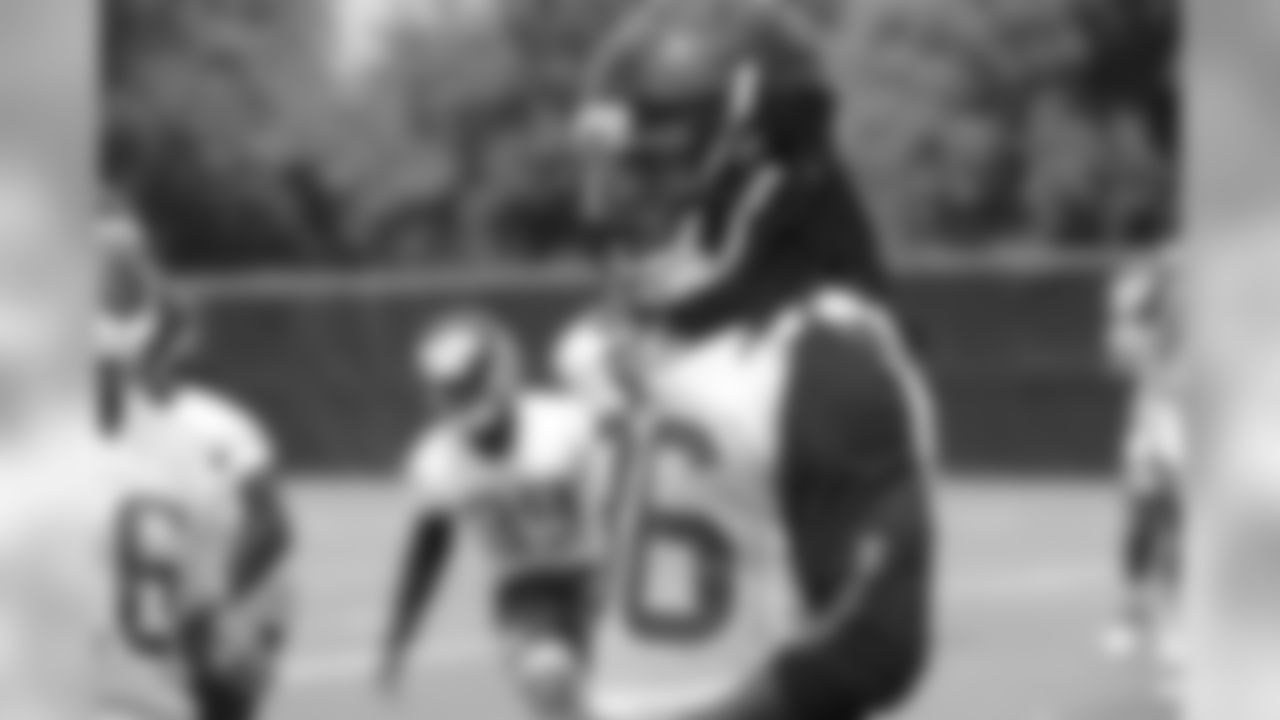
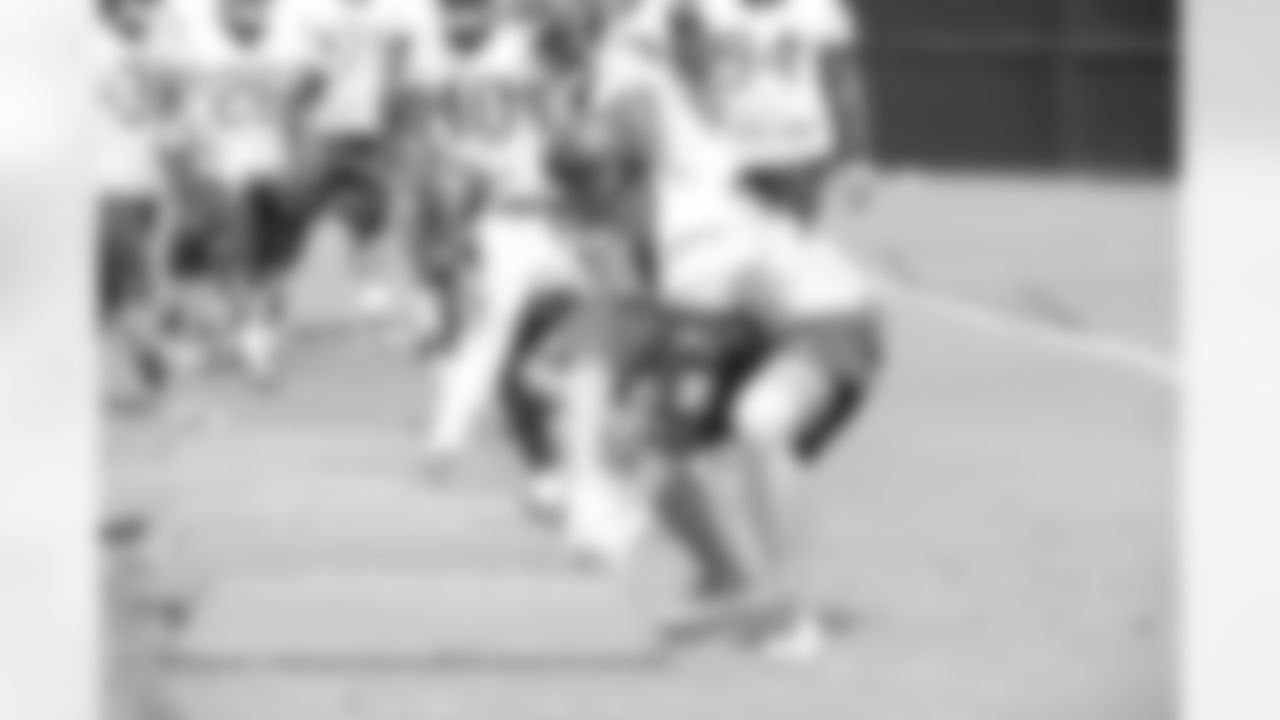
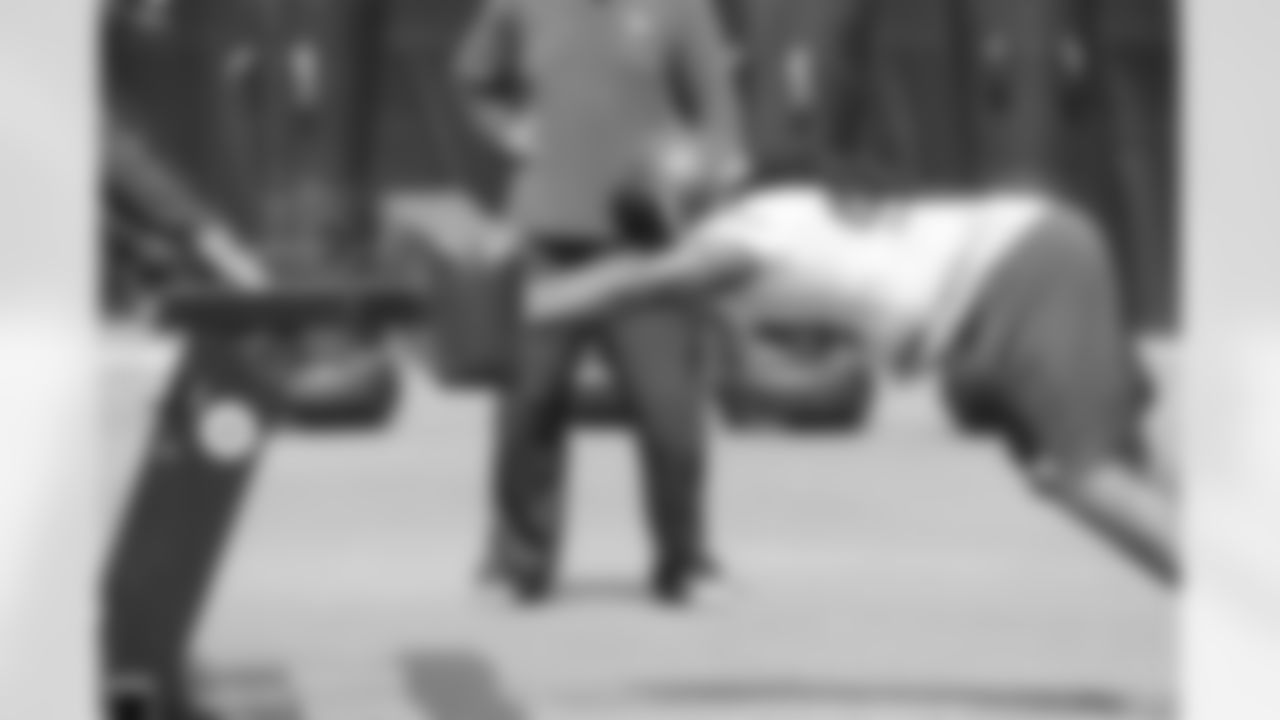
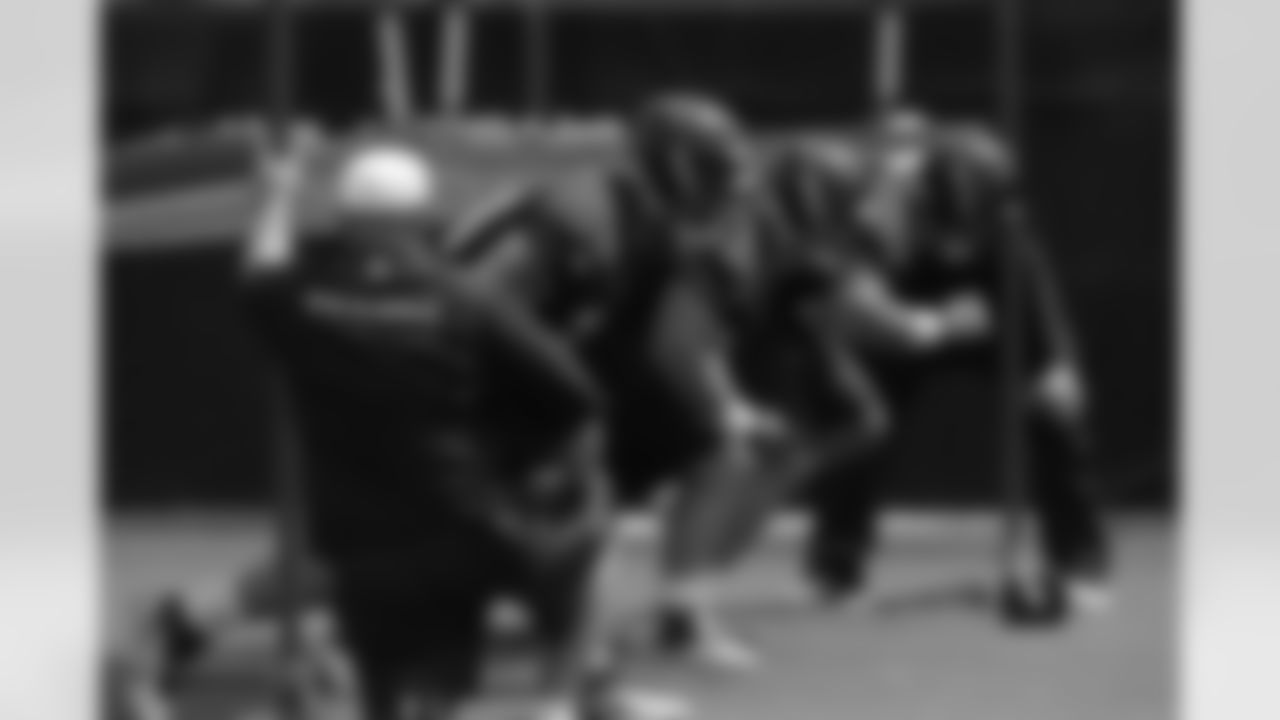


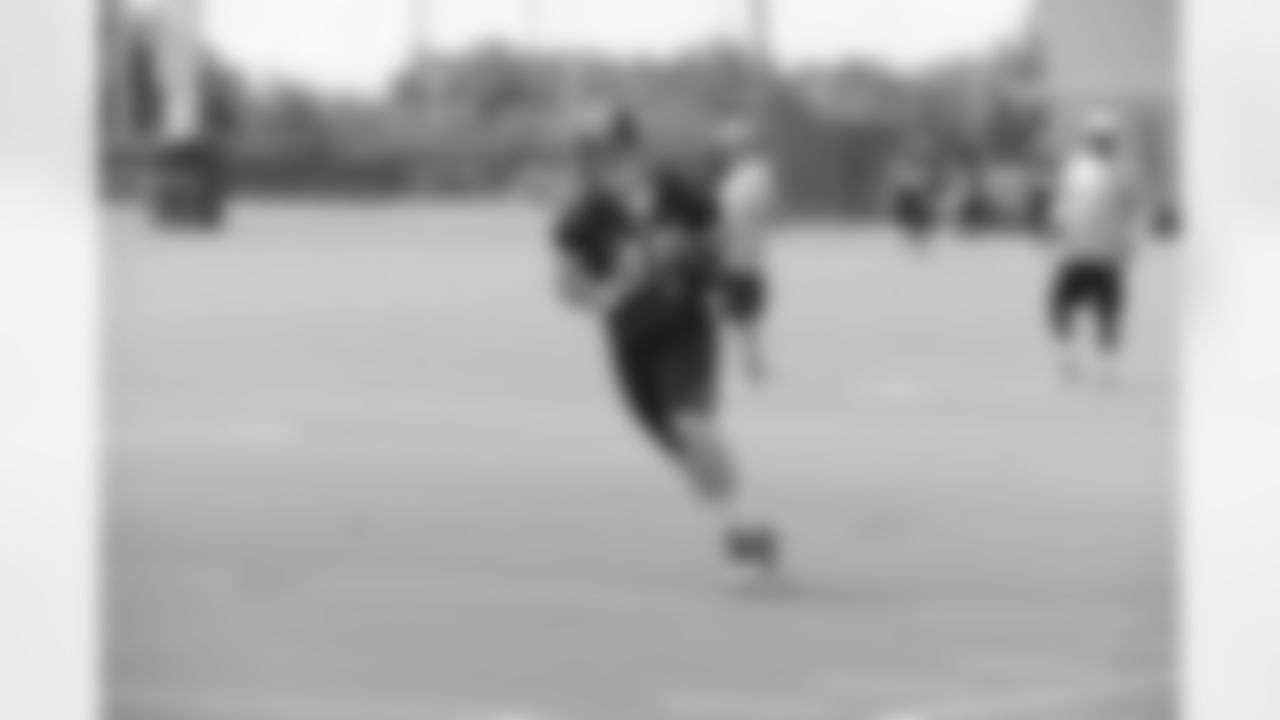
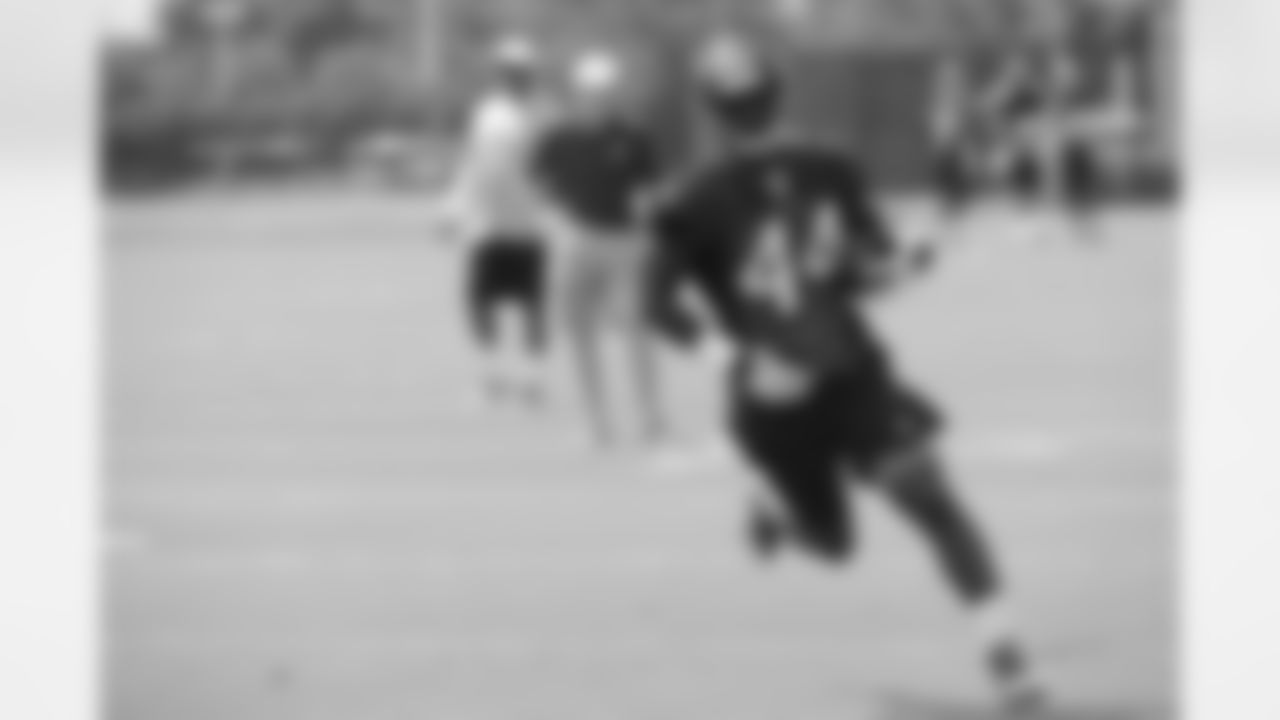
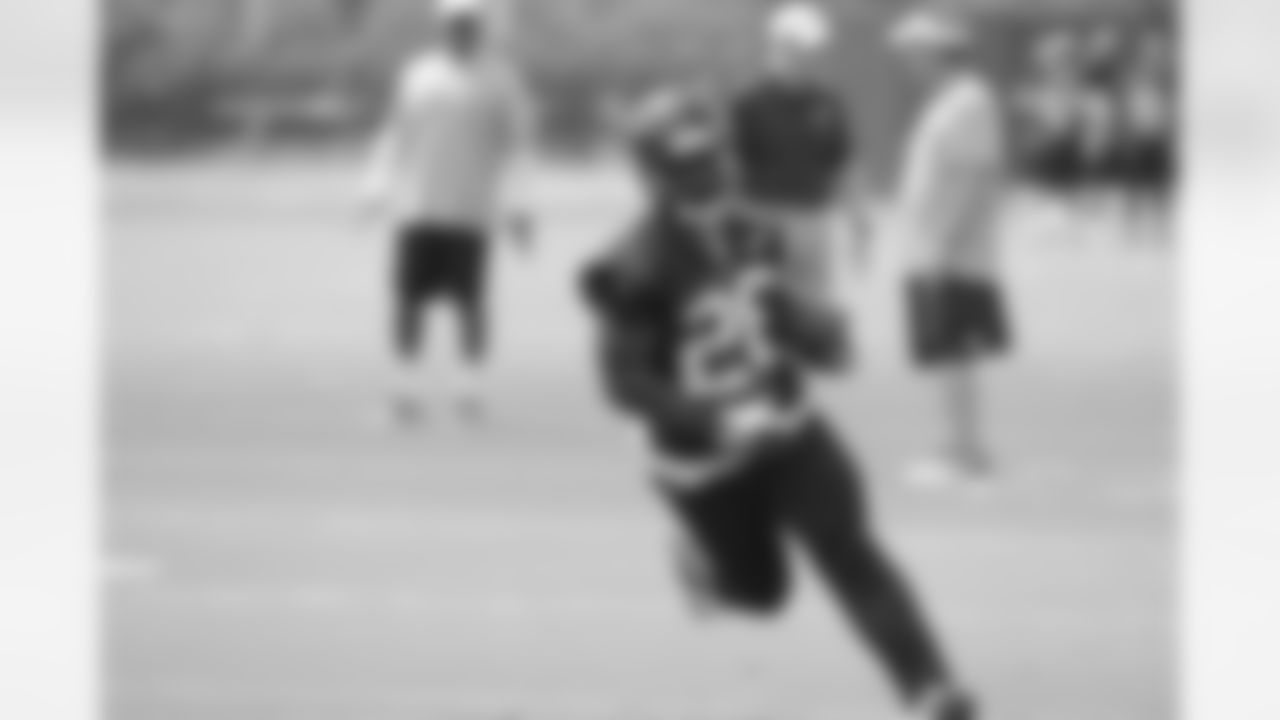
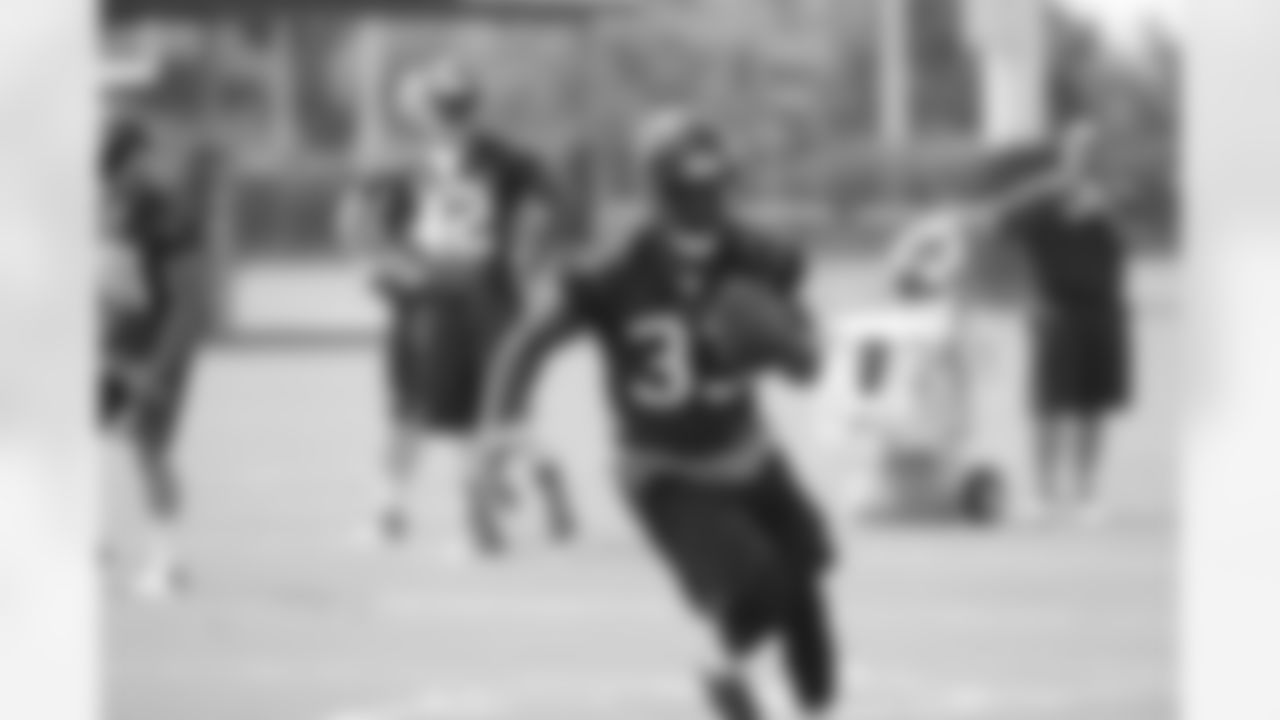
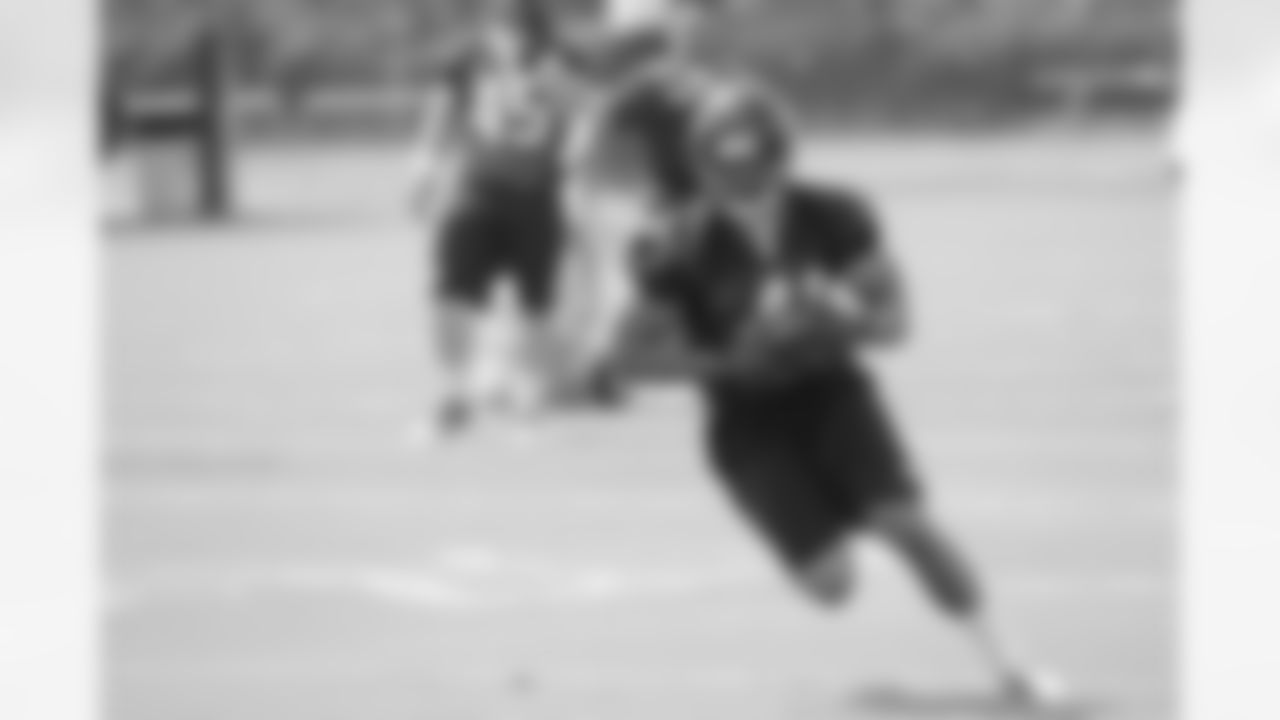
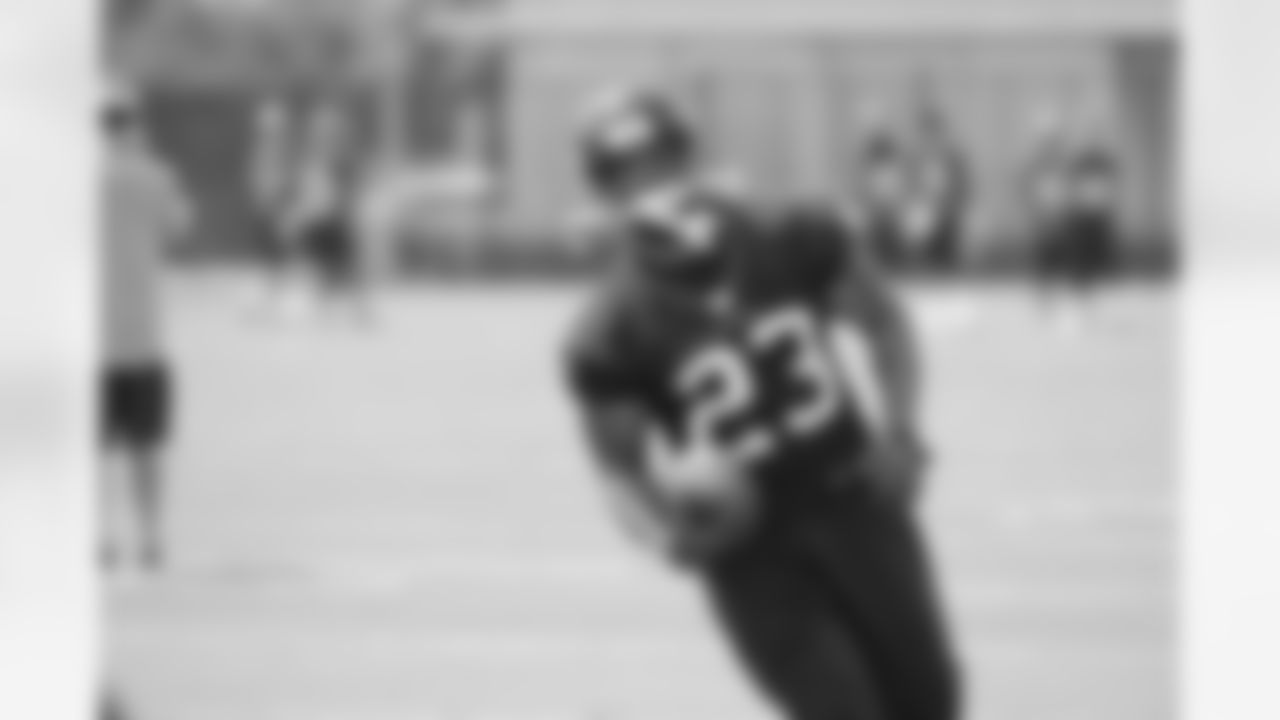
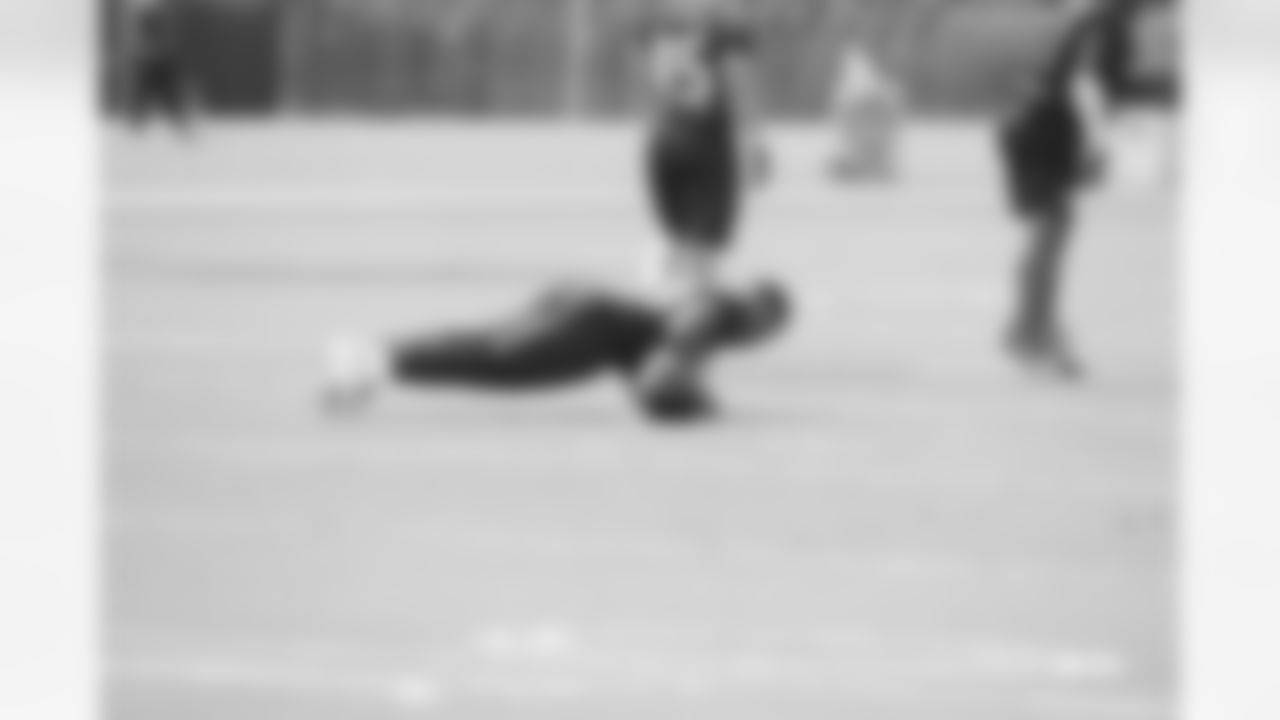
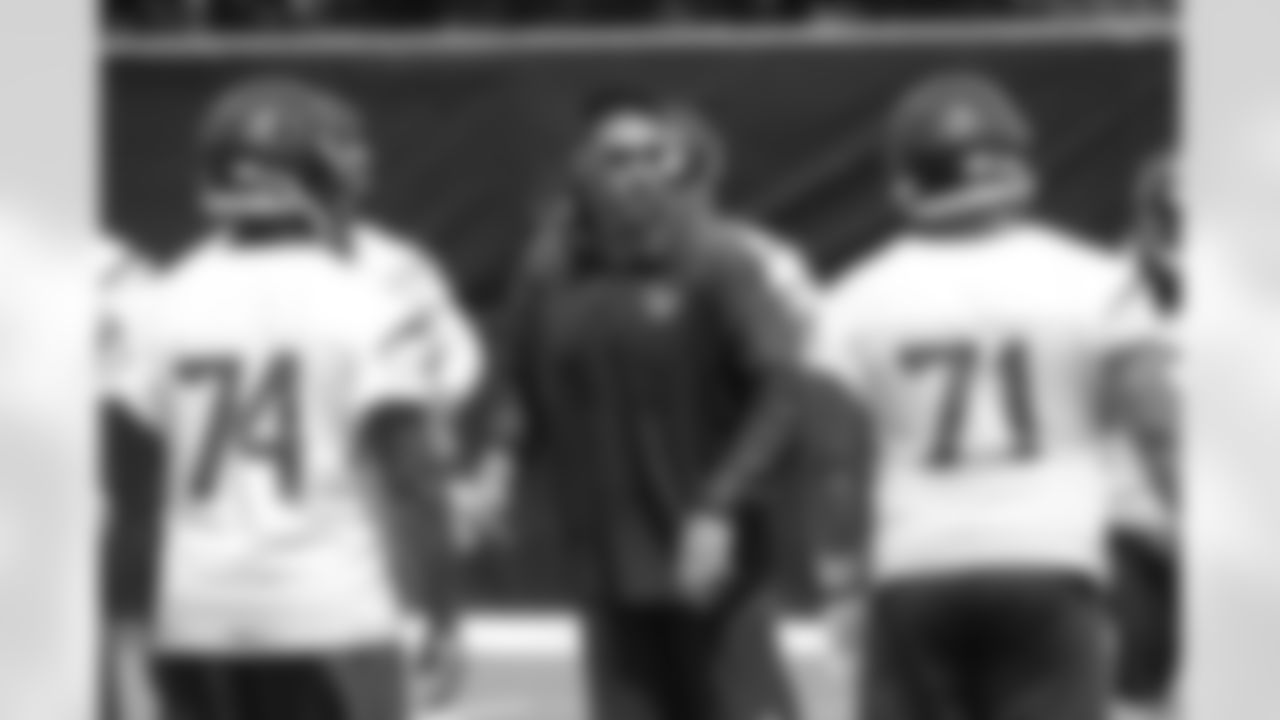
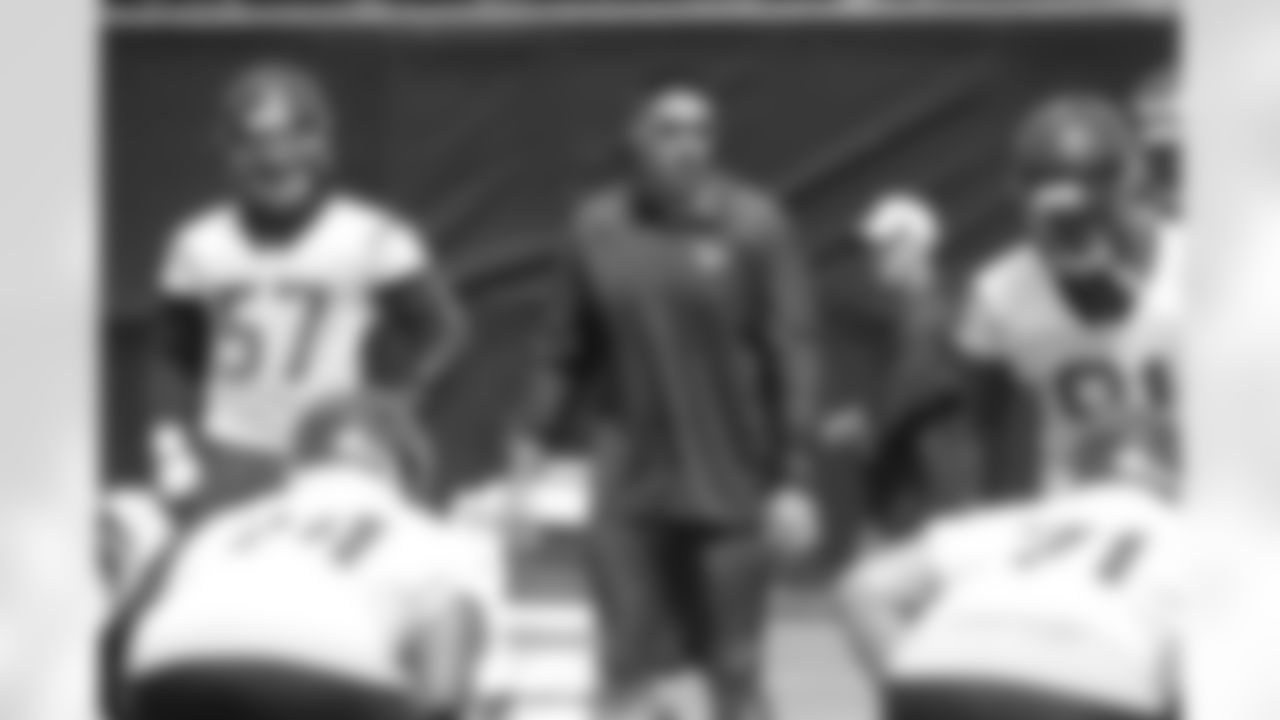
(on Tom Savage's improvements) "I think for a rookie quarterback it is very difficult, just bottom line. We're not holding much back from him either. I'm going to coach him hard and Coach O'Brien is going to coach him hard and the rest of the coaches are, too. The thing I like about Tom is that he just looks you back in the eye and he wants to get more reps and he wants to learn. He's a hungry young man. He wants to come in on the weekends and learn, too. I think that is the most important ingredient for a young quarterback."
(on how you evaluate Tom Savage's progression) "I think with any rookie, it is them trying to take in what we give them and try to continue to grow to a point where we can give them more information. I think it's the quarterback position, it's a lineman, it's every position. We have a new fullback, a new running back, a new tight end, and I think they all have different learning curves. It is ultimately up to the coaches to say, 'Hey, this is only so much that you can learn,' but right now is the time to prepare them for a normal season and give them as much install as we think will happen during a normal day."
(on waiting for a young quarterback to master something before moving on) "That's a good question because there is a fine line between holding back the whole offense for one person or progressing to suffice the whole offense. I think right now that we're in a situation in the spring where our goal is to teach the unit the offense. That is the quarterback position, that's the linemen, the receivers, the tight ends, it's every position. The quarterbacks are going to be responsible for learning the information that is put to them on a daily basis.
(on the level of freedom the quarterback will have to change plays at the line of scrimmage) "Ultimately it is on the coaches to say, 'Hey, this is what we want to put on you on the line and this is what we want to hold up back and go ahead and just call a play and run it.' We're going to change that up throughout the game. We're never going to be one dimensional or one way. As much as they can handle, we're going to put on their shoulders. If it is a time to go ahead and call some plays and get up there and run them, then we'll do that to."
(on correcting Tom Savage's mistakes early on) "That is an important process with every position. At quarterback, repeated mistakes kind of holds you back from growing, but I think to me learning by making mistakes, I think we all learn by making mistakes, that that's really the true way you learn. We're putting him in difficult situations, and if he does make the mistake, we slow it down on tape, slow it down in the meeting room and then give him the same situation the next day. Tom has done a good job of trying to handle those things the following day throughout the nine days of practice."
(on what stands out about Ryan Fitzpatrick) "I think he loves football. Like I said, the first thing that we look for in a quarterback is how much do you want to get in there and put your time in? That is one thing that he has definitely shown from my time with him. He's got a lot of experience playing in different systems. He's seen a lot of things. In this league there is going to be a lot of different looks that you are going to get. With Ryan, he does a good job of controlling the offense and like I said, getting together with other groups and trying to let them see everything through the quarterback's eyes. I think he's done a good job of trying to keep that steady."
(on Ryan Fitzpatrick taking command of the offense) "I think with knowledge is power. Obviously, with his experience he has a little bit more knowledge maybe than the other quarterbacks right now because of some of the maybe negative things that he has experienced or positive things. I think that is one of the advantages that he has."
(on relationship between the offensive line and the quarterbacks) "We're rotating a lot of guys. I think the spring time is for teaching the offense. I think that we are trying to rotate a lot of players in there at every position in there to try to really evaluate and for everybody to learn. There is going to be a little bit of chemistry things that we've got to go ahead and iron out in training camp. Right now everybody is working with every unit, and that's how the NFL is. Every week somebody is hurt and the next week they're there, and that is kind of how the league is."
(on Ryan Fitzpatrick cutting down on his interceptions) "It's a new year and it's a new system for him. Whatever has happened in the past, in my opinion, we're trying to coach what we know. He's done a decent job of protecting the ball. It's hard out there now because it's pretty much a passing camp with no pads and everything. I think the main thing is when the defense gives you something short, you take something short. When they give you a big opportunity, then you take the big opportunity. But don't try to force things. I think that goes for all of them."
(on Bill O'Brien's personality as a coach) "I think as a young coach, which I'm no longer really young, but when I was a young coach I think you always look toward your coaches always as mentors because when you're not at home, you're with them. I just really like his straightforwardness. I appreciate his honesty. Sometimes when it's not what you want to hear, but I think that is the leader that we want. I think for all of us as a coach under him, we've learned a lot."
(on his relationship with Bill O'Brien evolving) "As a player for him, it's a little bit different than when you're coaching with him. I think that he has grown really as one of my better friends. I think that I feel comfortable calling him at all times of the day. Like myself, he constantly is thinking about the team and constantly thinking about how to improve the Houston Texans. I think that is one thing that we share that is pretty important."
(on if he knew he would be ending up in Houston after O'Brien accepted the job) "I think it was a different situation with that. I think that he's been coaching for quite a while and I've been coaching for quite a while, and it really just happened to work out more than anything."
(on comparisons of Bill O'Brien to Bill Belichik) "I mean, I think we're all different. At some point I think we have a relationship because we worked together, but certainly we're not at all the same or we don't have the same interests, too. I think when you coach for certain coaches that are successful, whether at college ranks or at the pro ranks, you often get compared to them. But we're all our own individual coaching (style). My coaching style is a little bit different than Billy's (O'Brien) and Billy's is different than mine, and so forth."
(on looking at the big picture of the offense) "I think that it is very important for one to handle the quarterbacks since that's my main duty, and then certainly the team and the offense in general all works in sync with the quarterback. I've always thought that, and we talk about this, that the game is really played through the quarterback's eyes, especially in the passing game. So it's very important to relay the information from the quarterbacks coach to the receivers coach, to the line coach, to running backs coach to the tight end coach, what the quarterback is seeing. That way they can convey the message to their players."
(on extra responsibilities with no offensive coordinator on staff) "I think that with this job, I'm trying to take as much responsibility as I can but obviously the quarterbacks are my main focus right now."
(on complexity of the system) "There is a lot of verbiage and I think with any offensive system in the NFL, it is complex. I know that you like to say that some system is easier or harder, but there is a reason why a lot of coaches don't have any hair."
(on letting a quarterback emerge as a starter) "There is a lot of pressure, too, in our meeting rooms. We do, in front of the unit, put them on the spot that they may not be anticipating a question. I think it kind of gives confidence to the unit, but it also teaches them that I better start treating every situation that I have whether I'm in a rep or not in the rep. Because when they're not in there, I'll ask them a question back there and when they don't have the right answer, to me is just like a bad rep physically."


